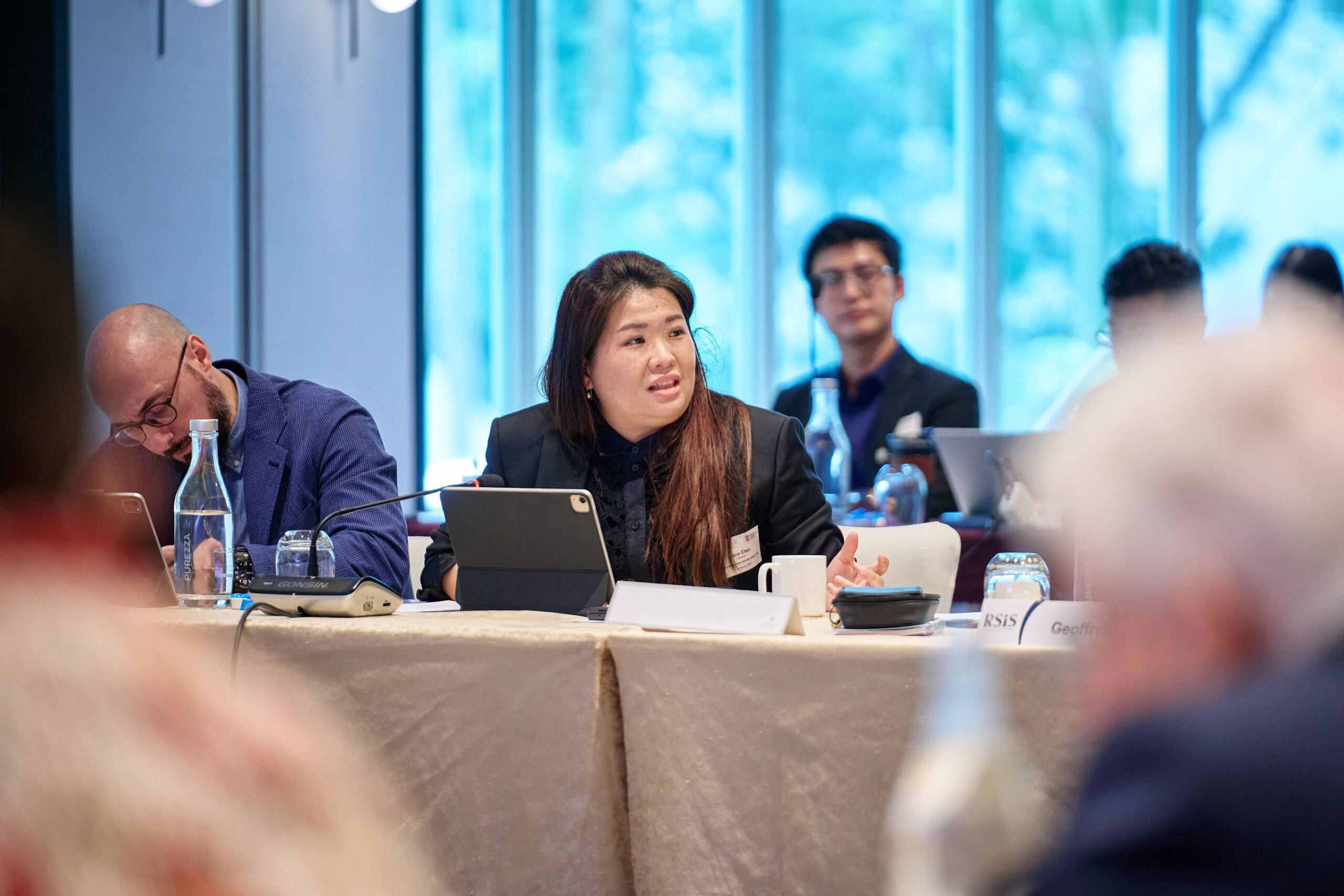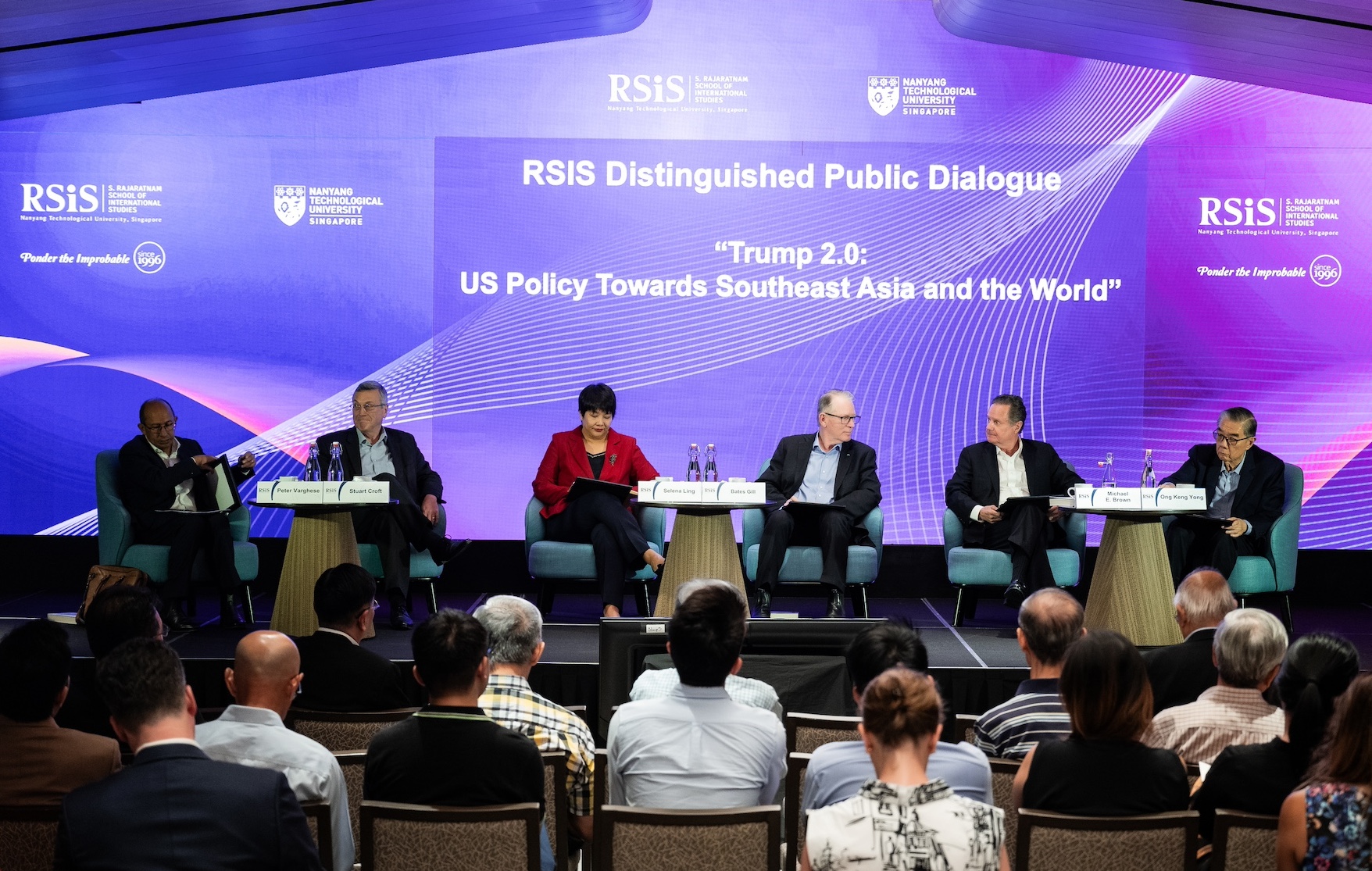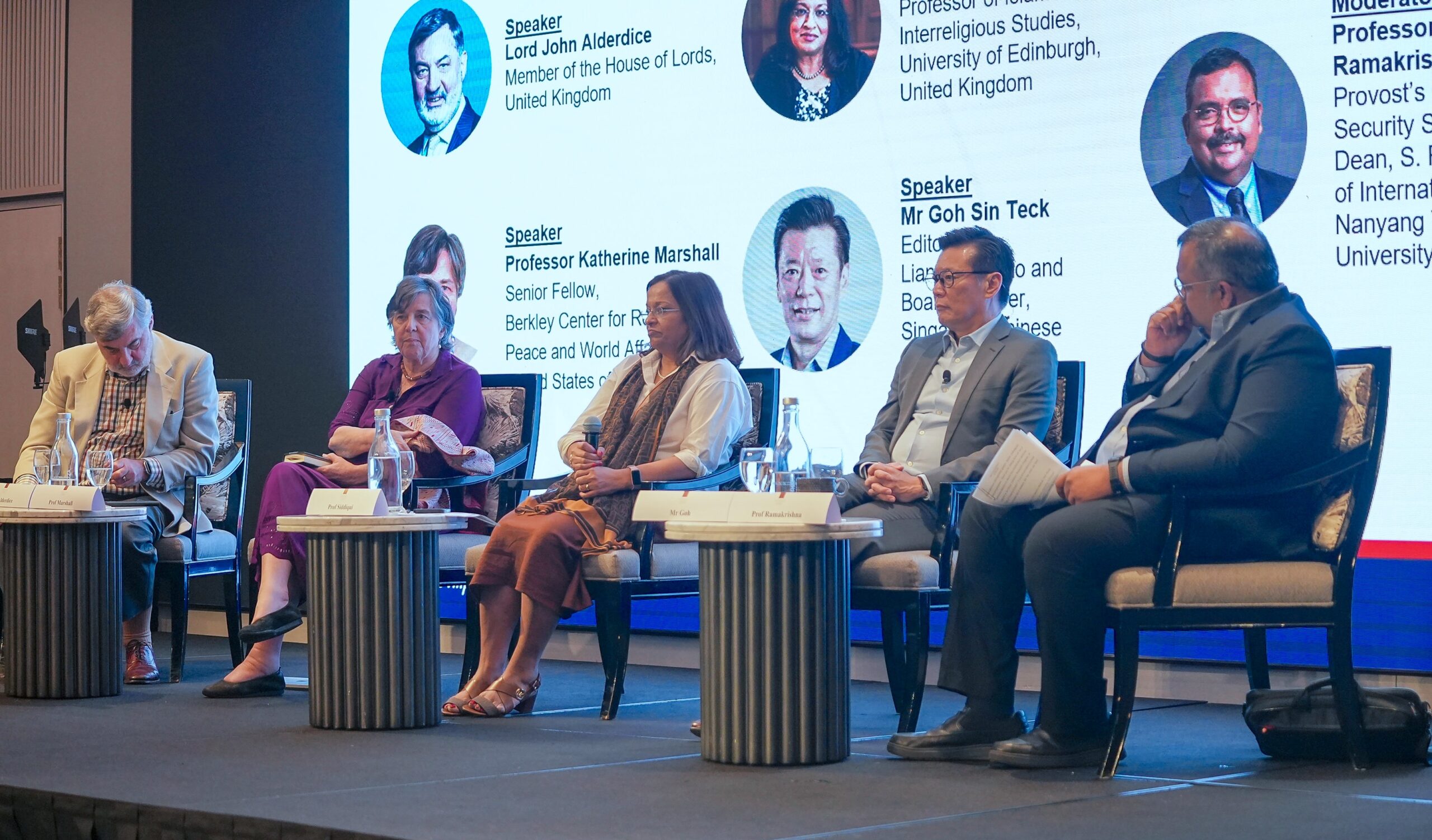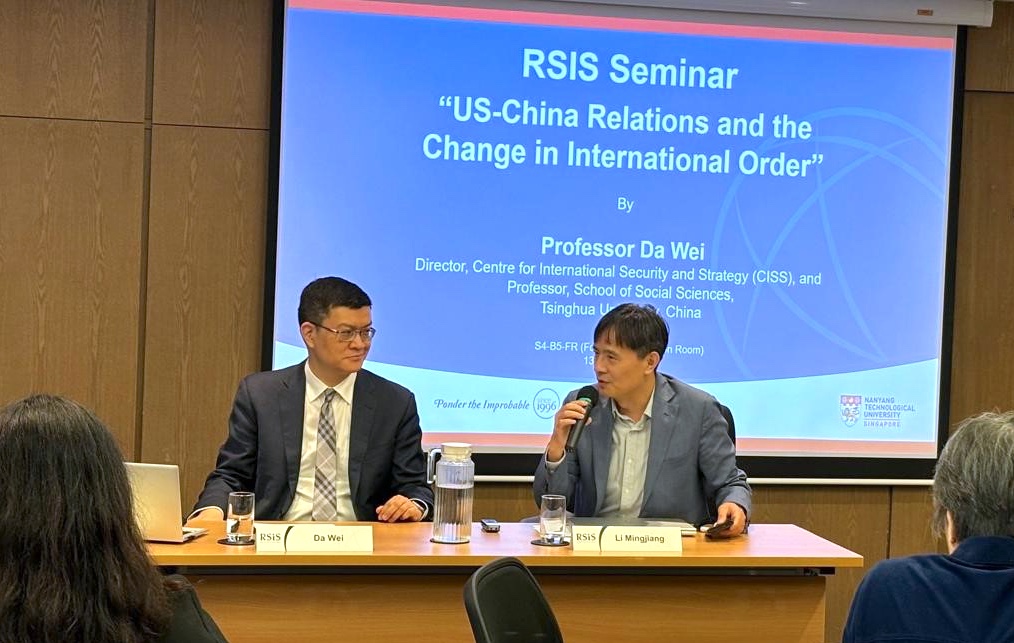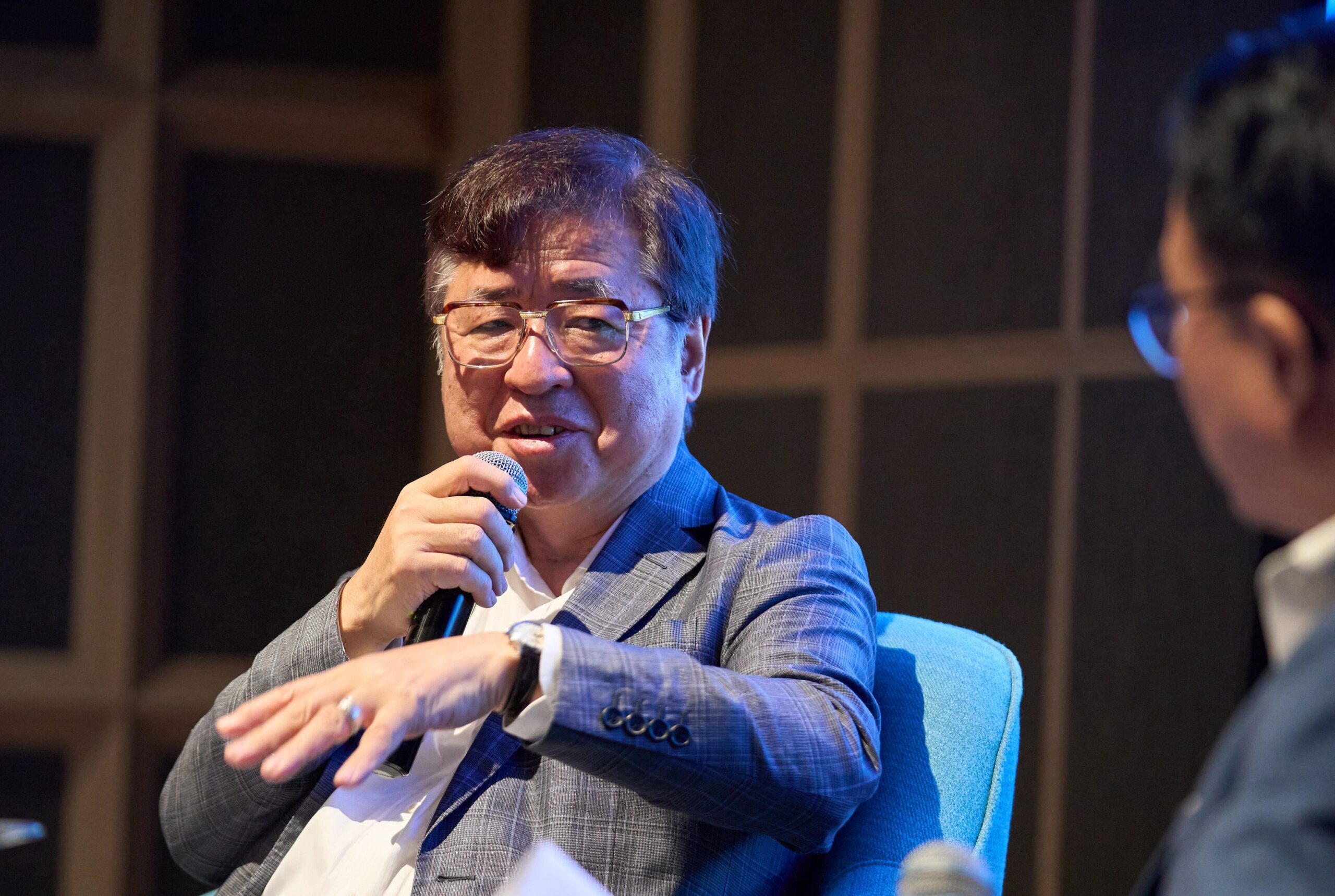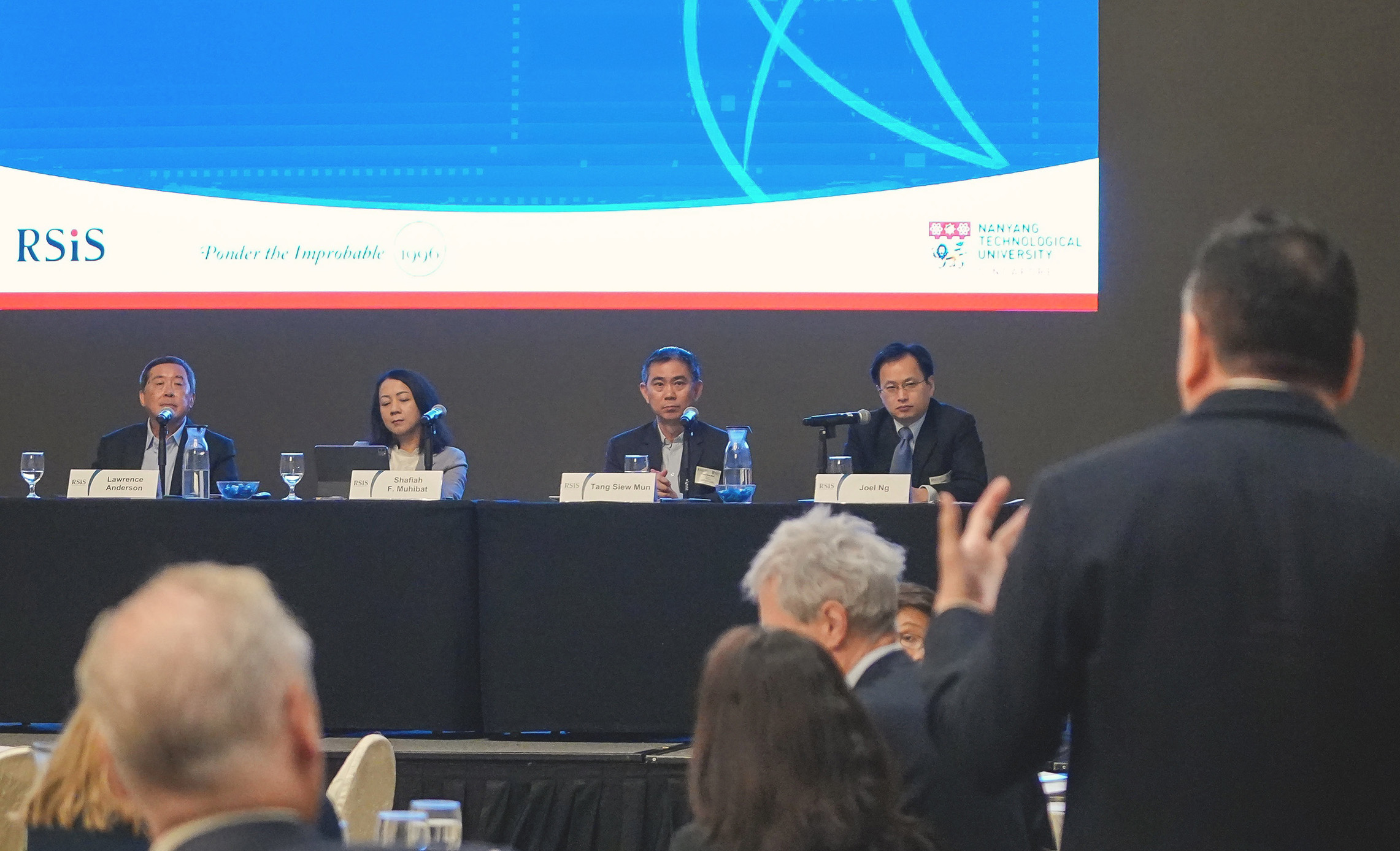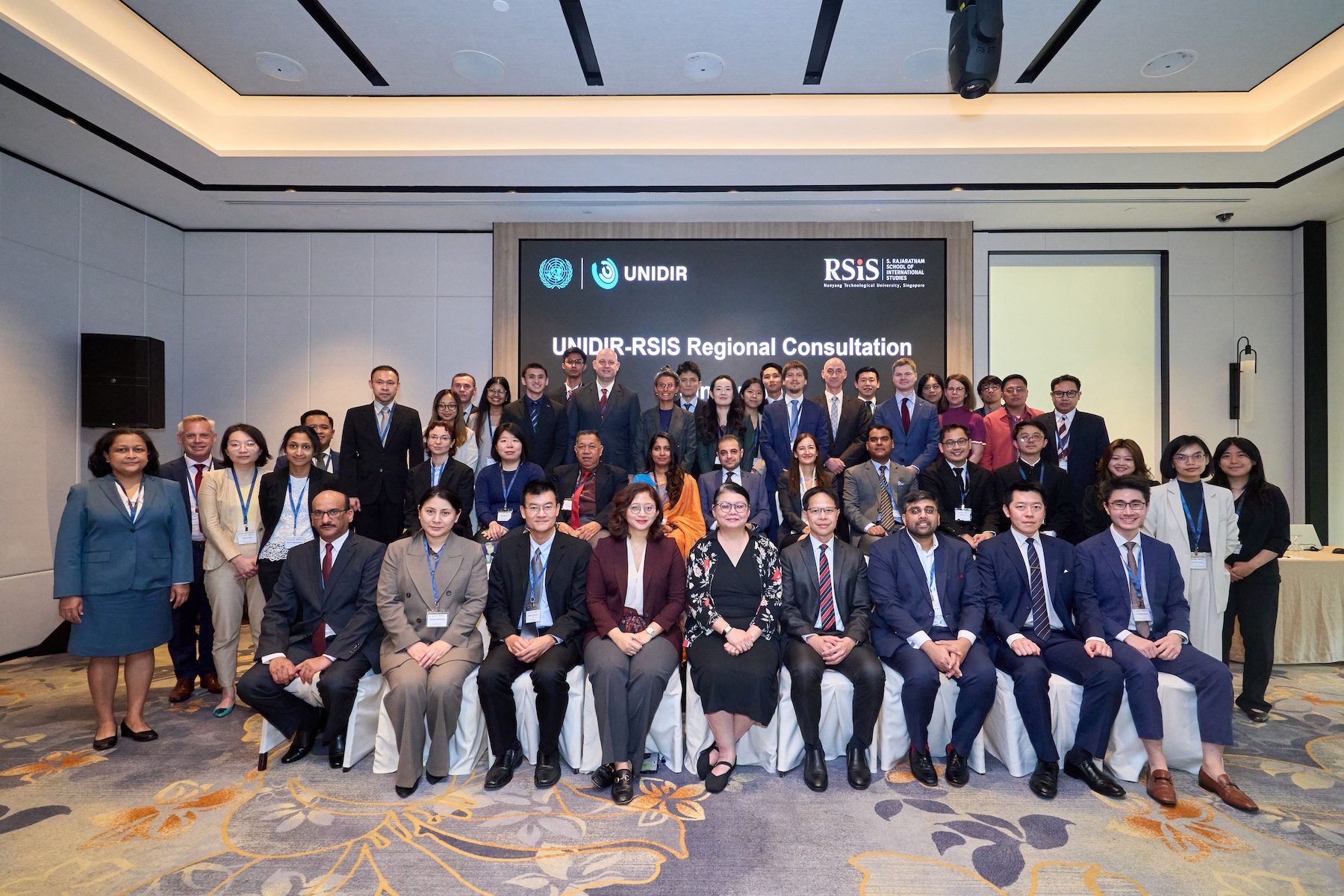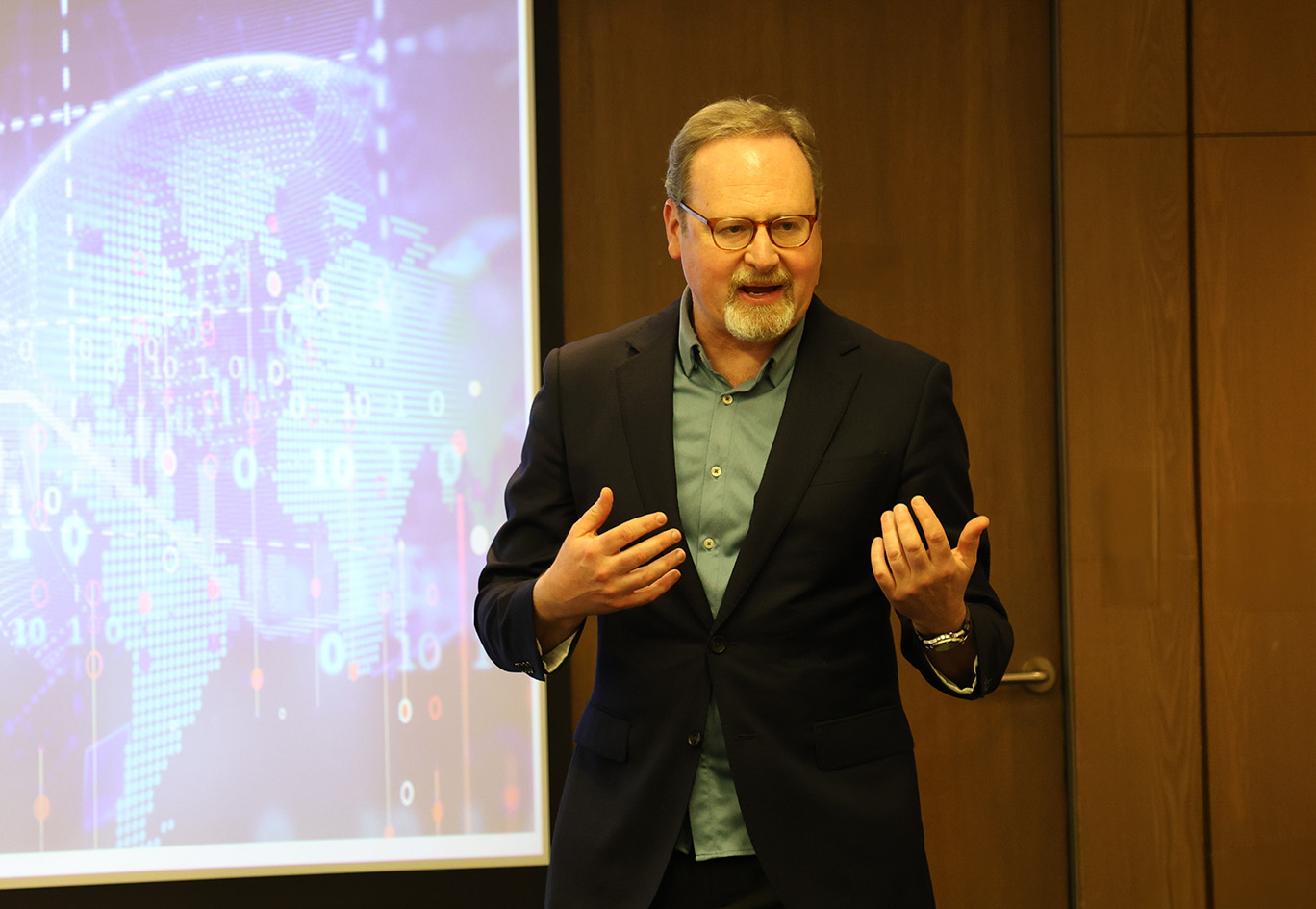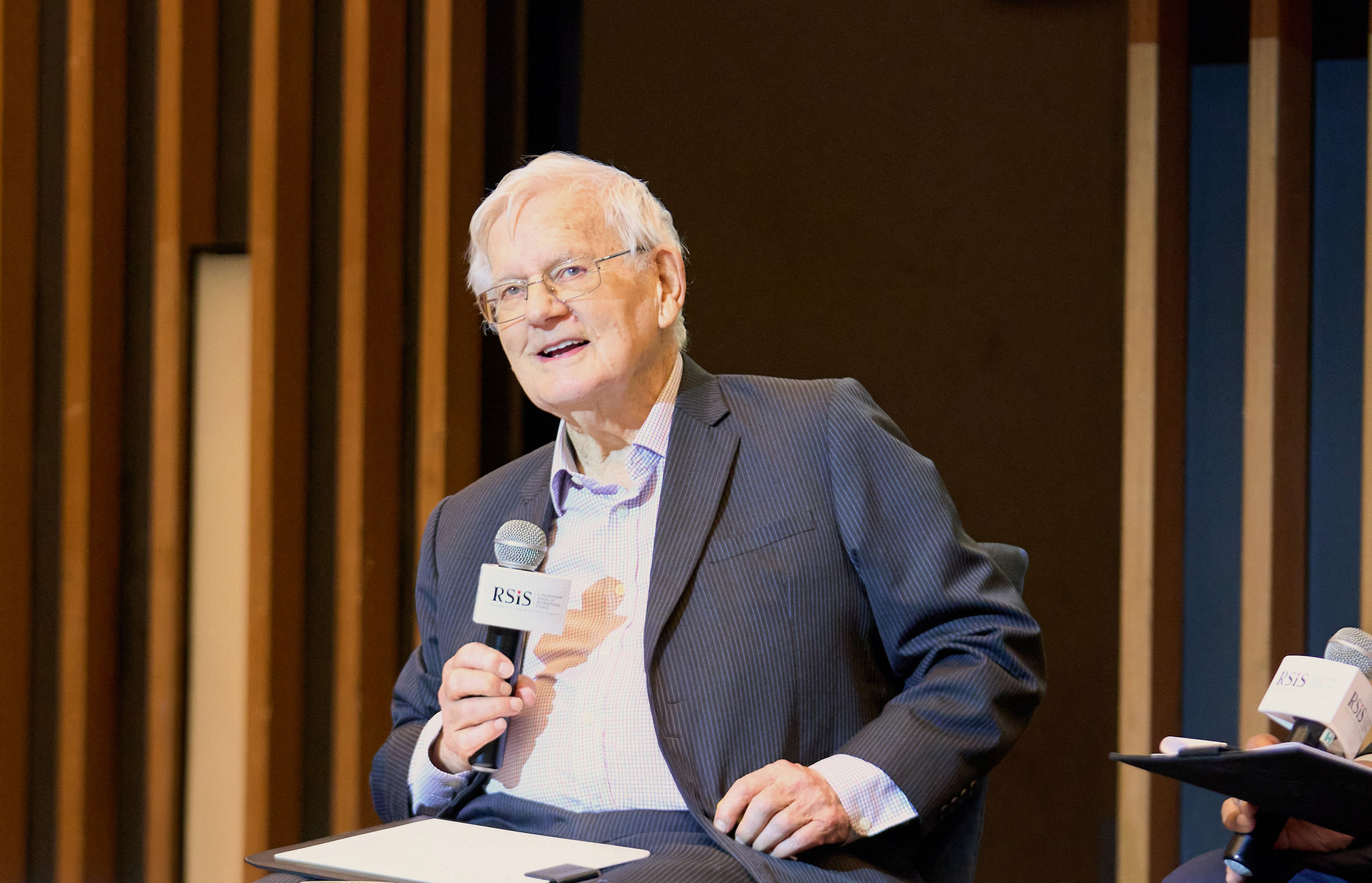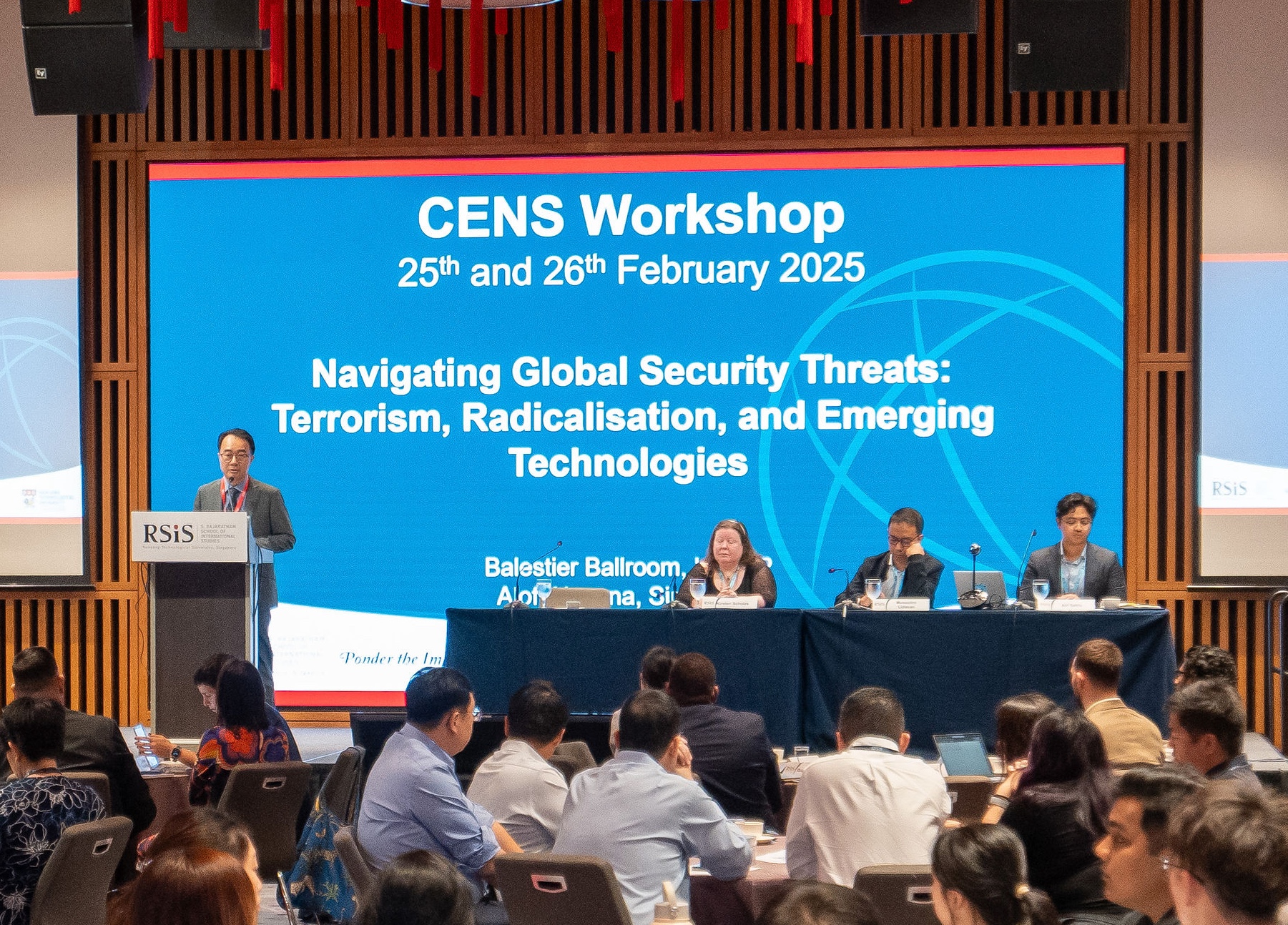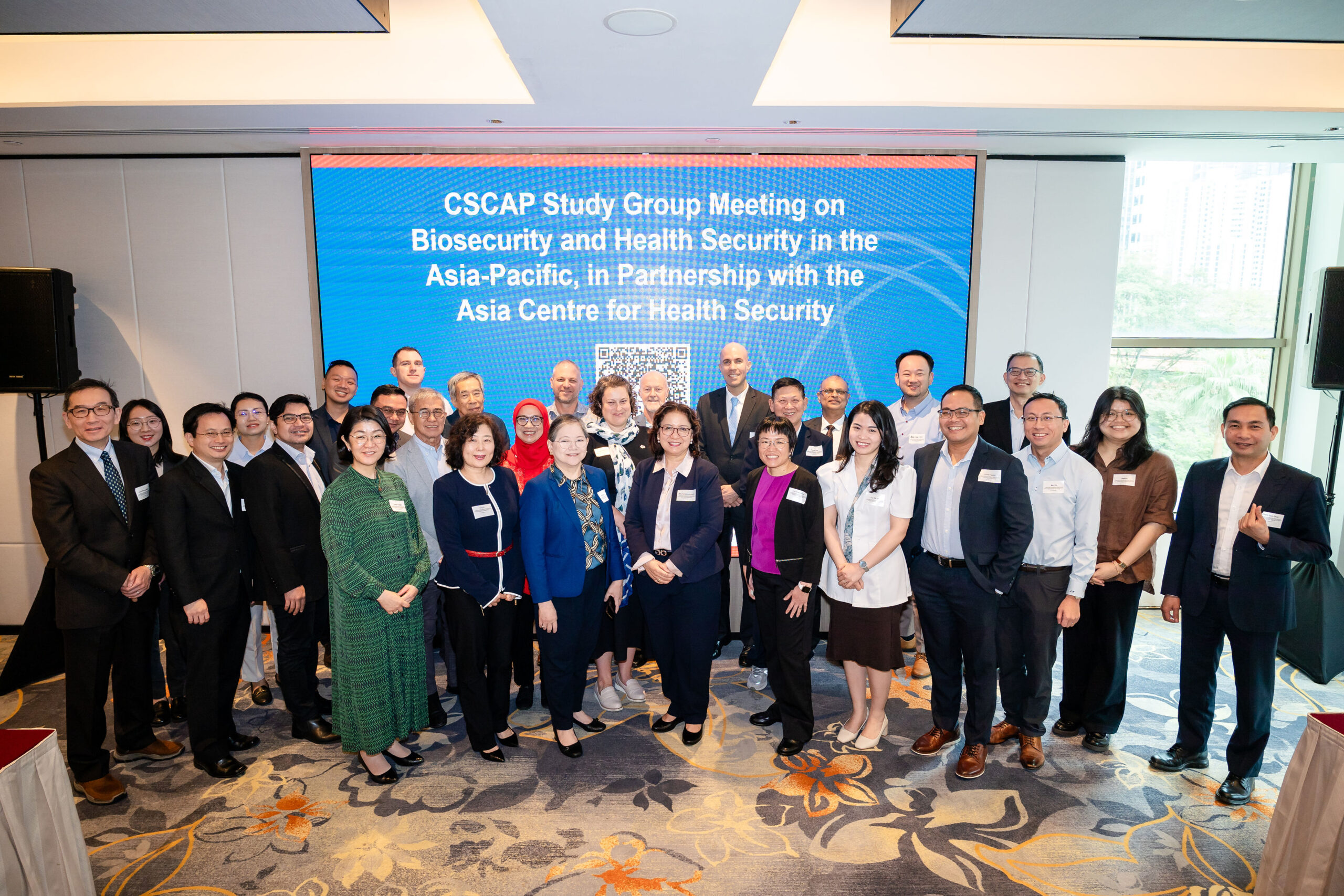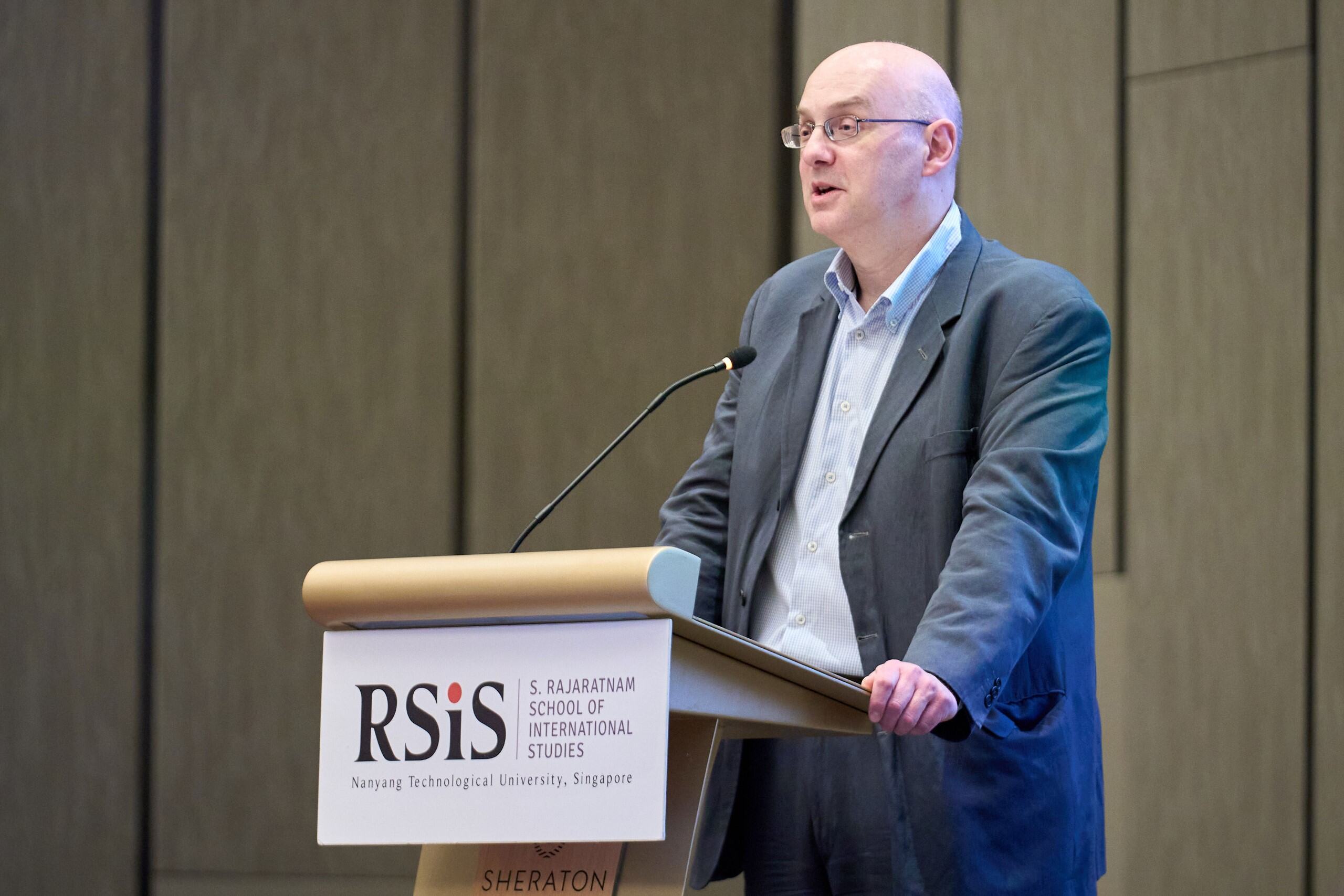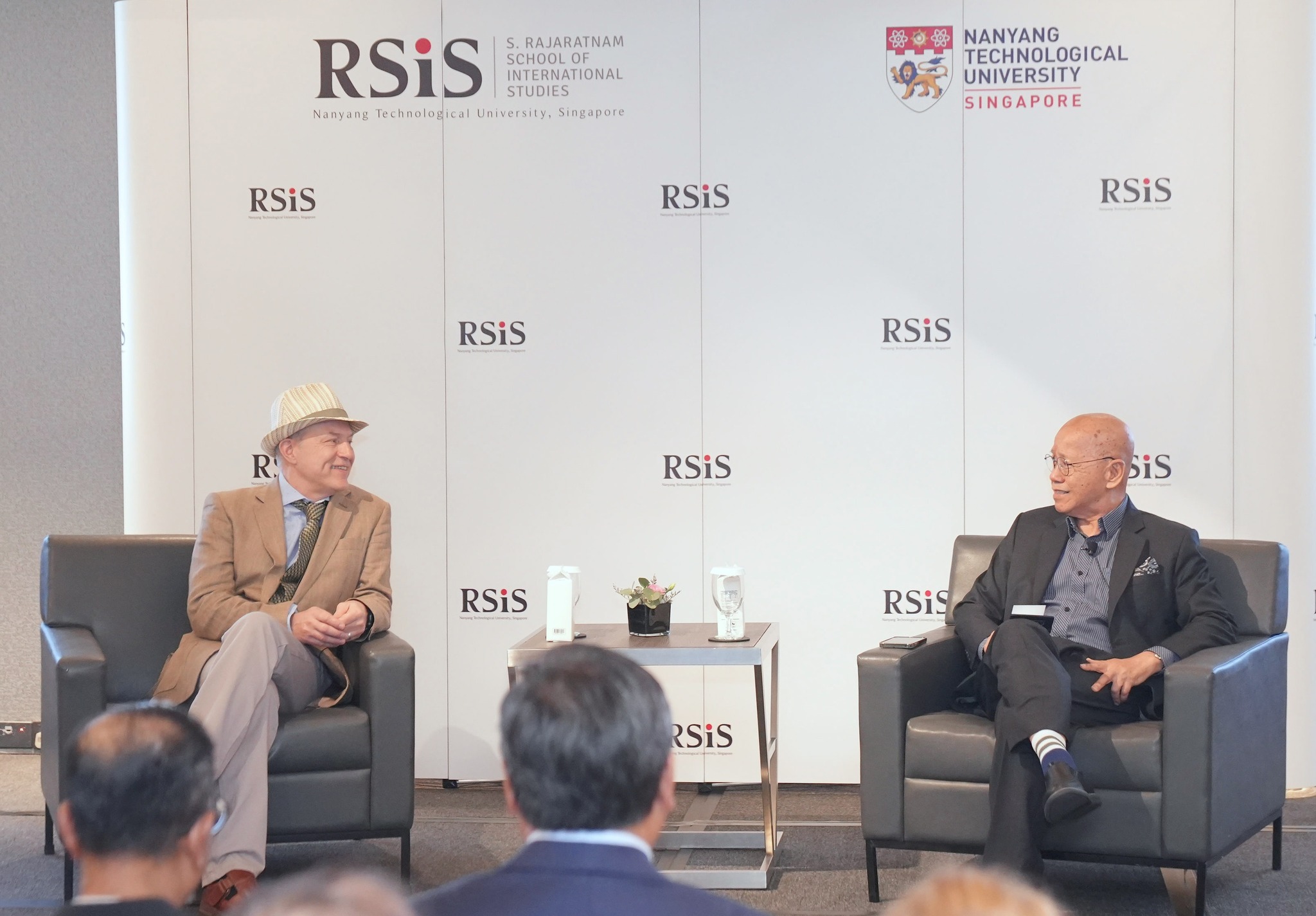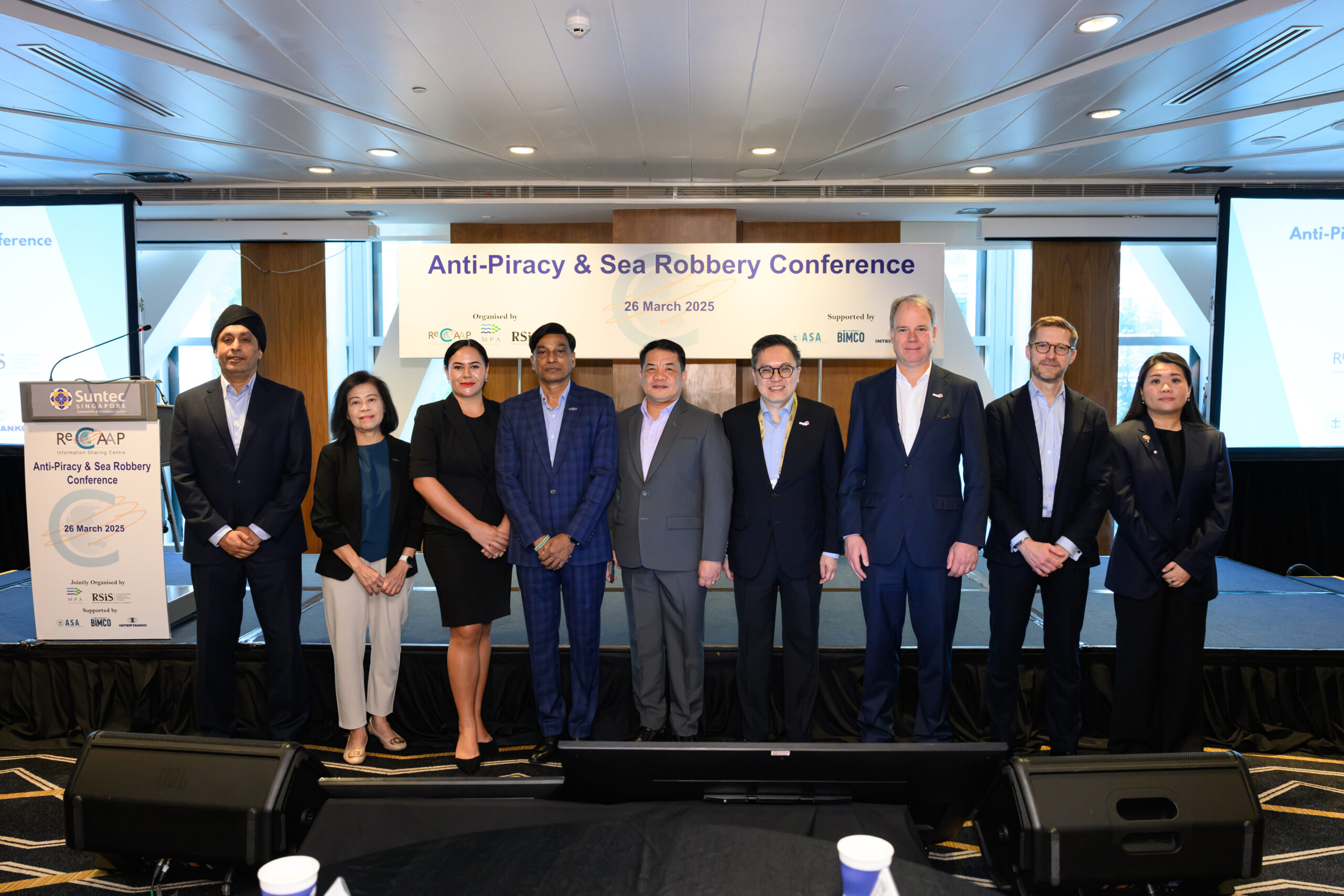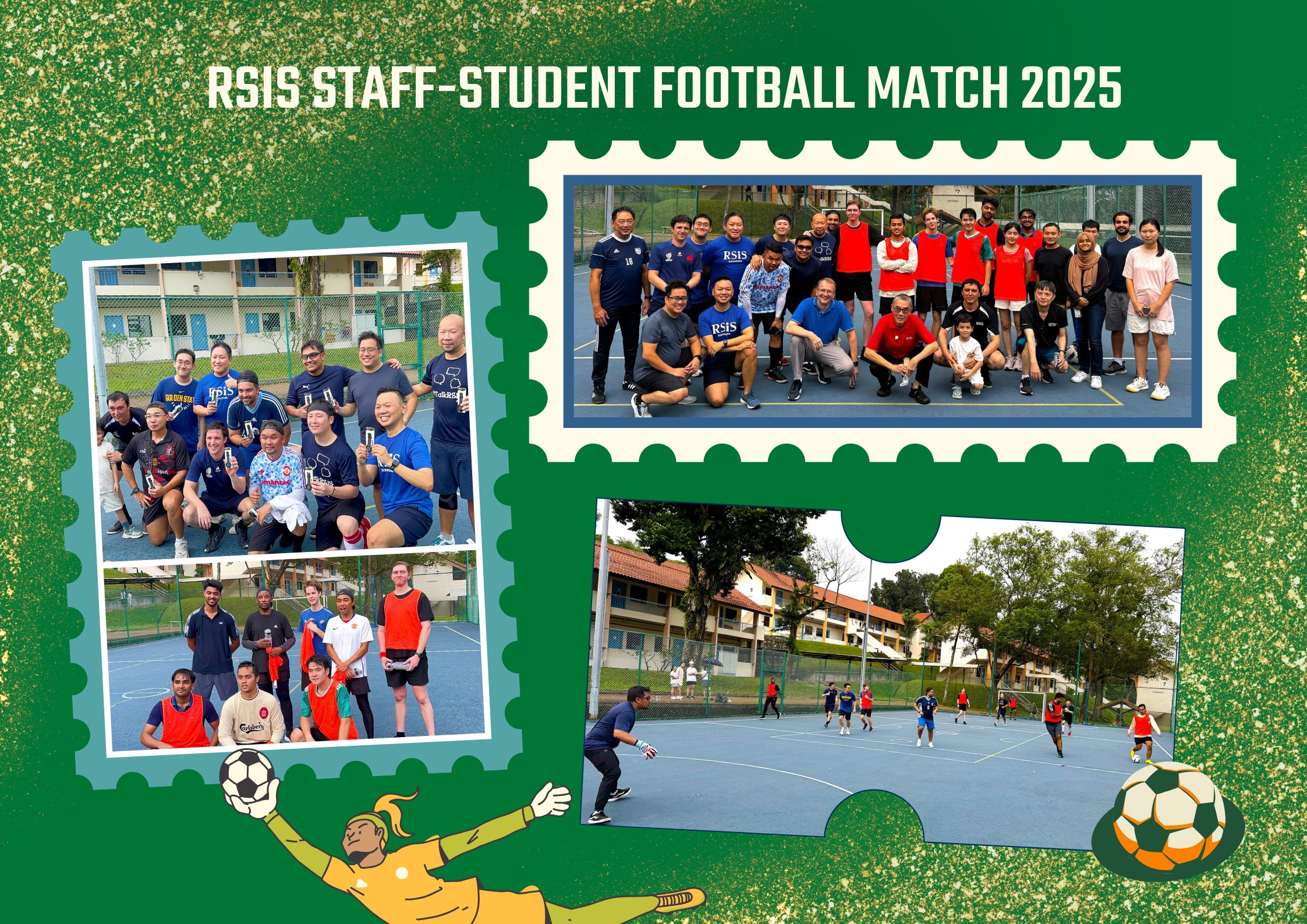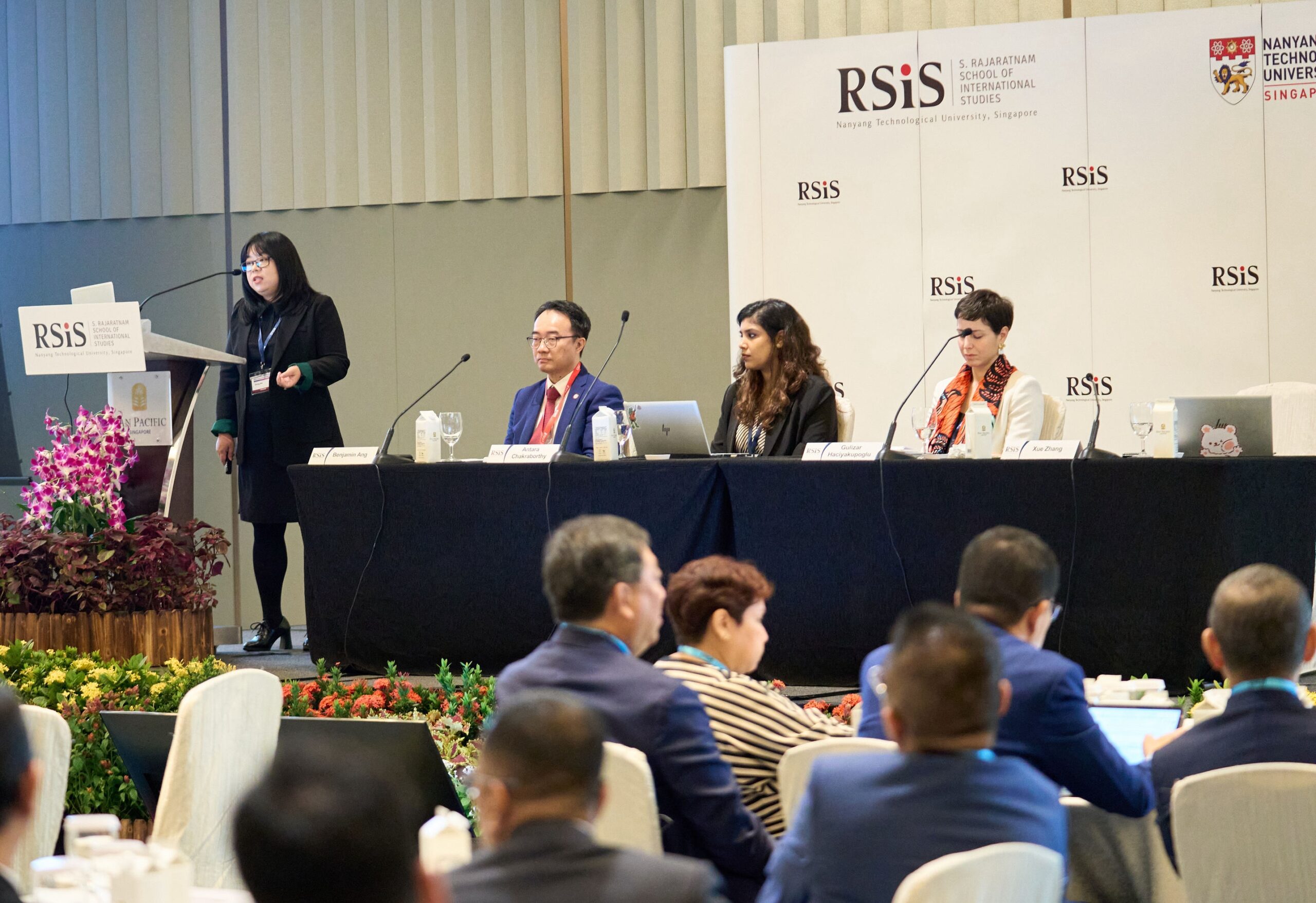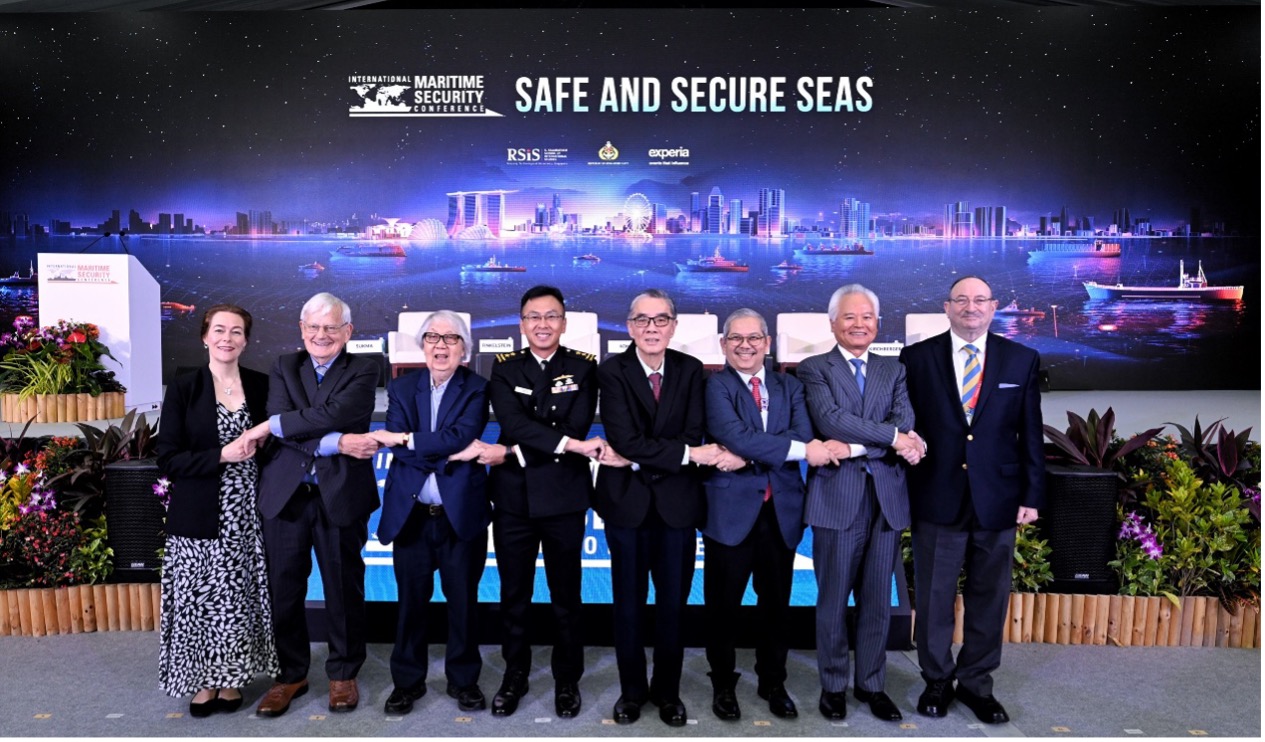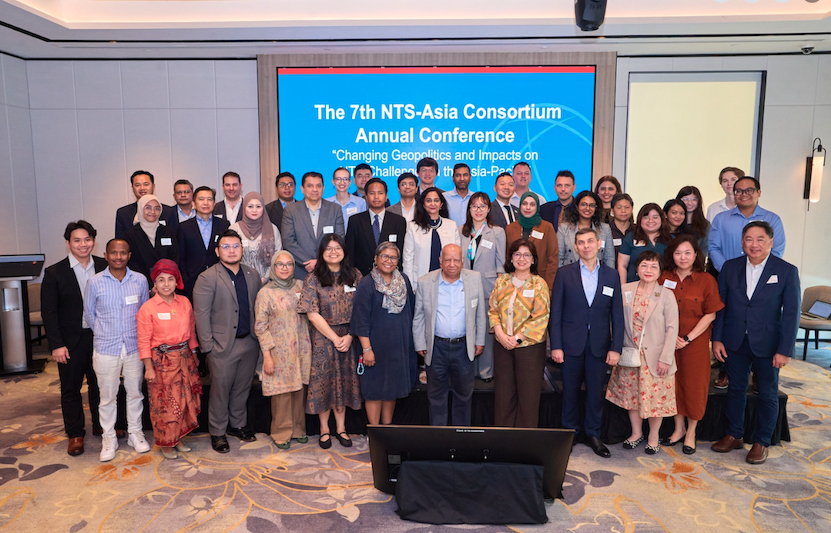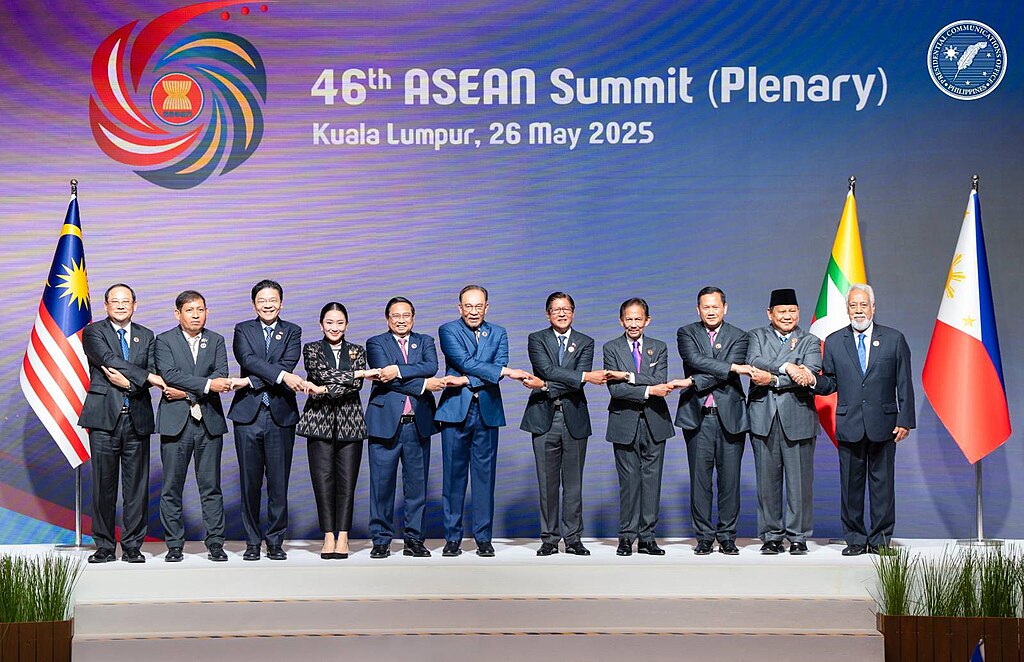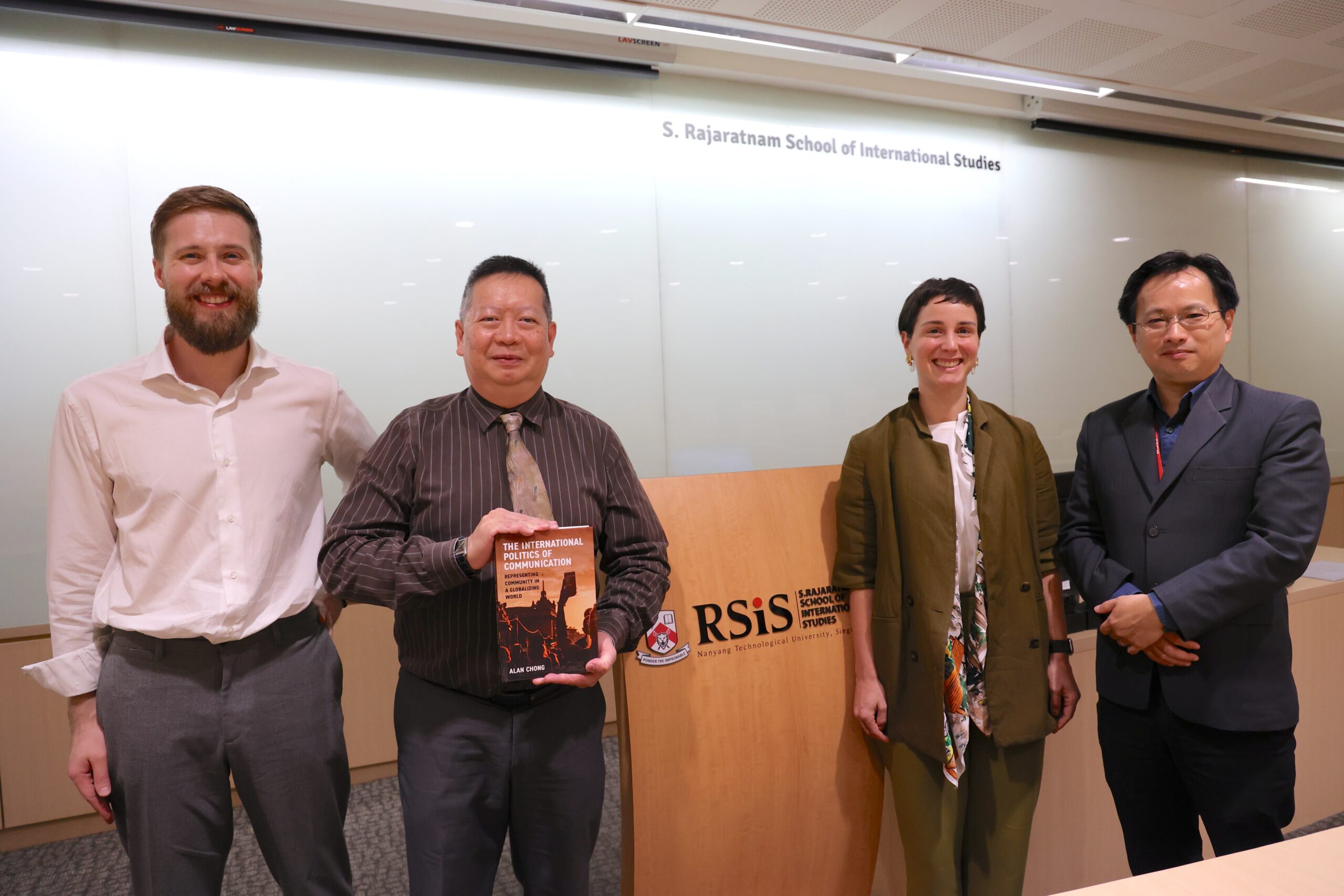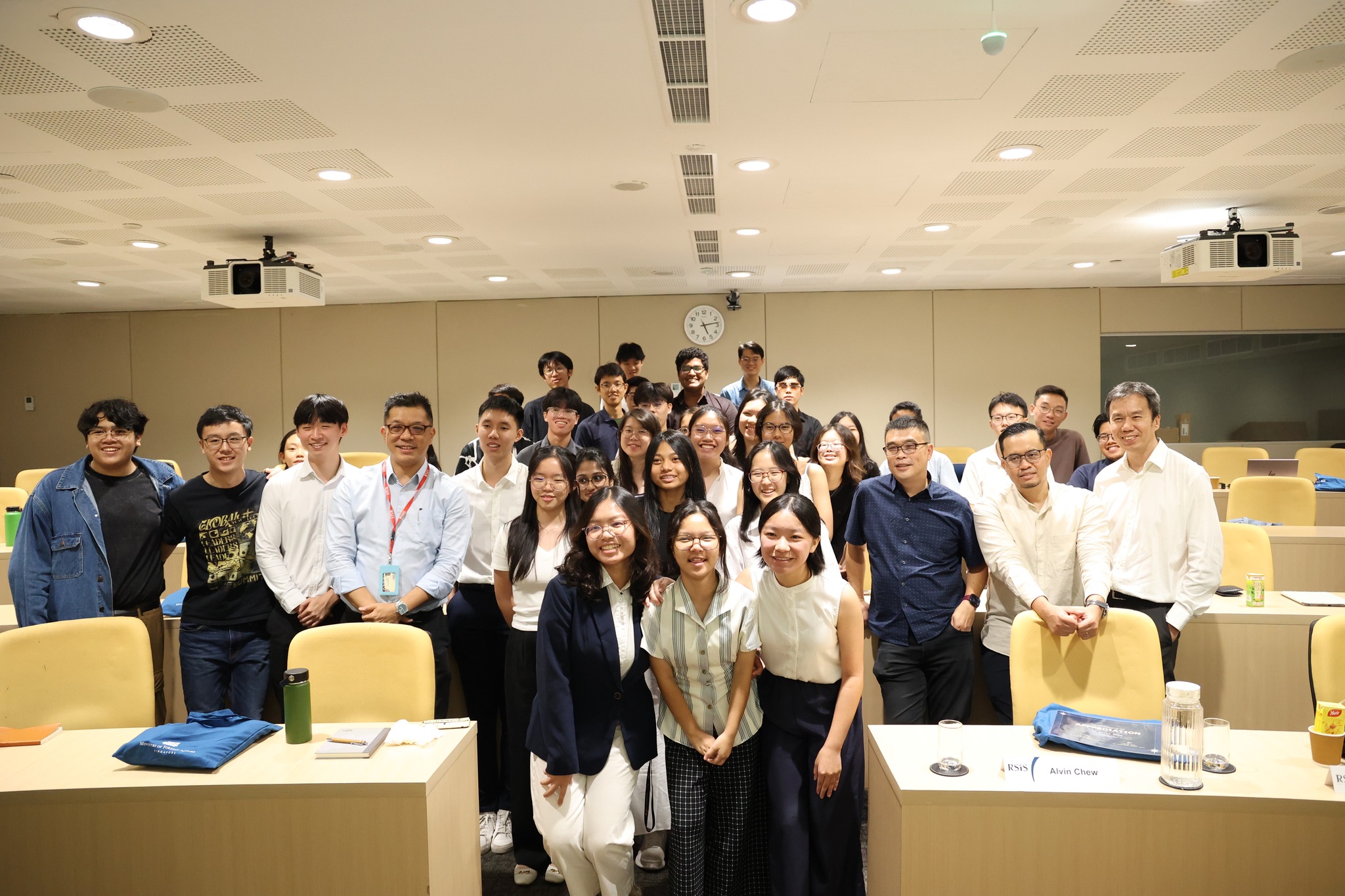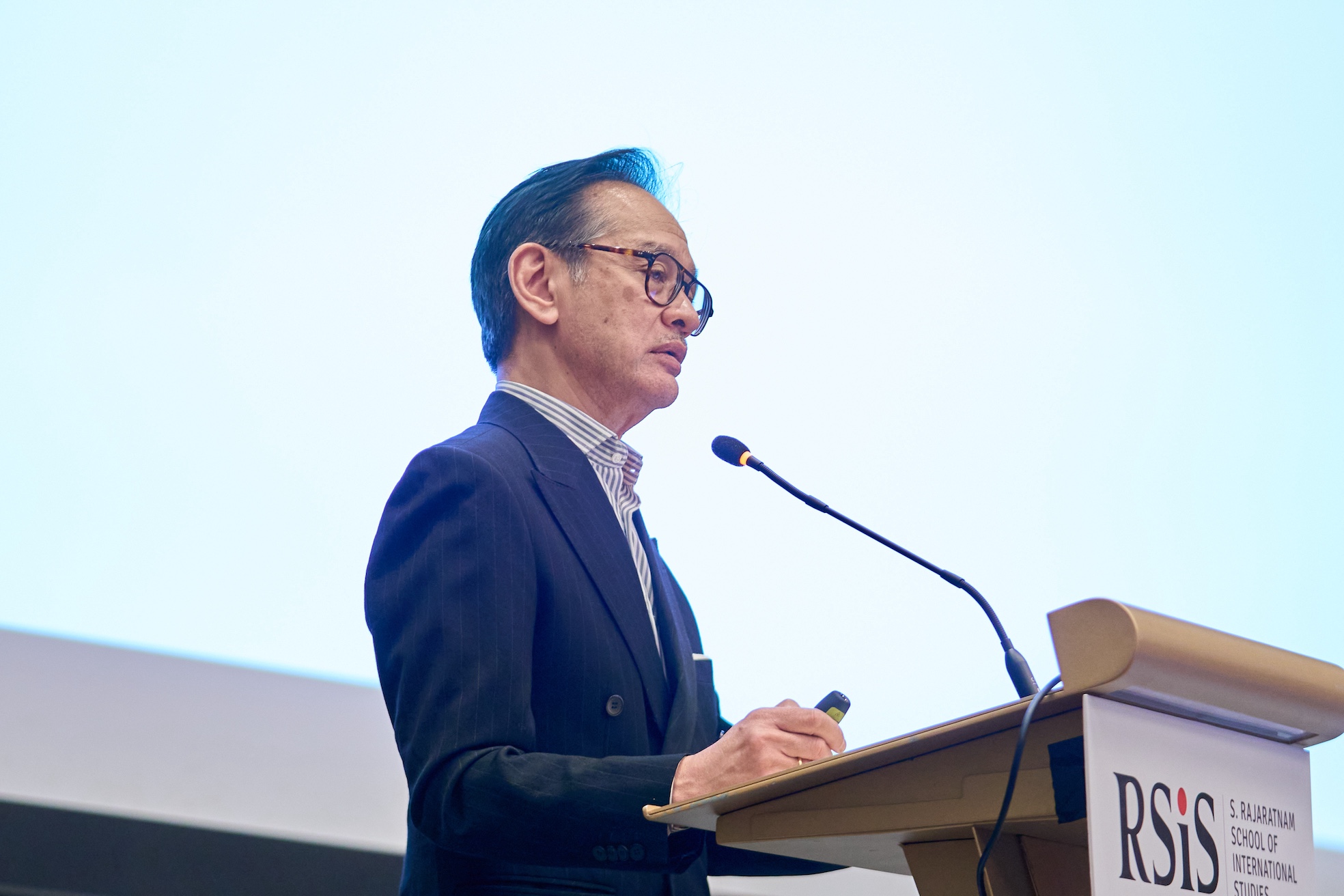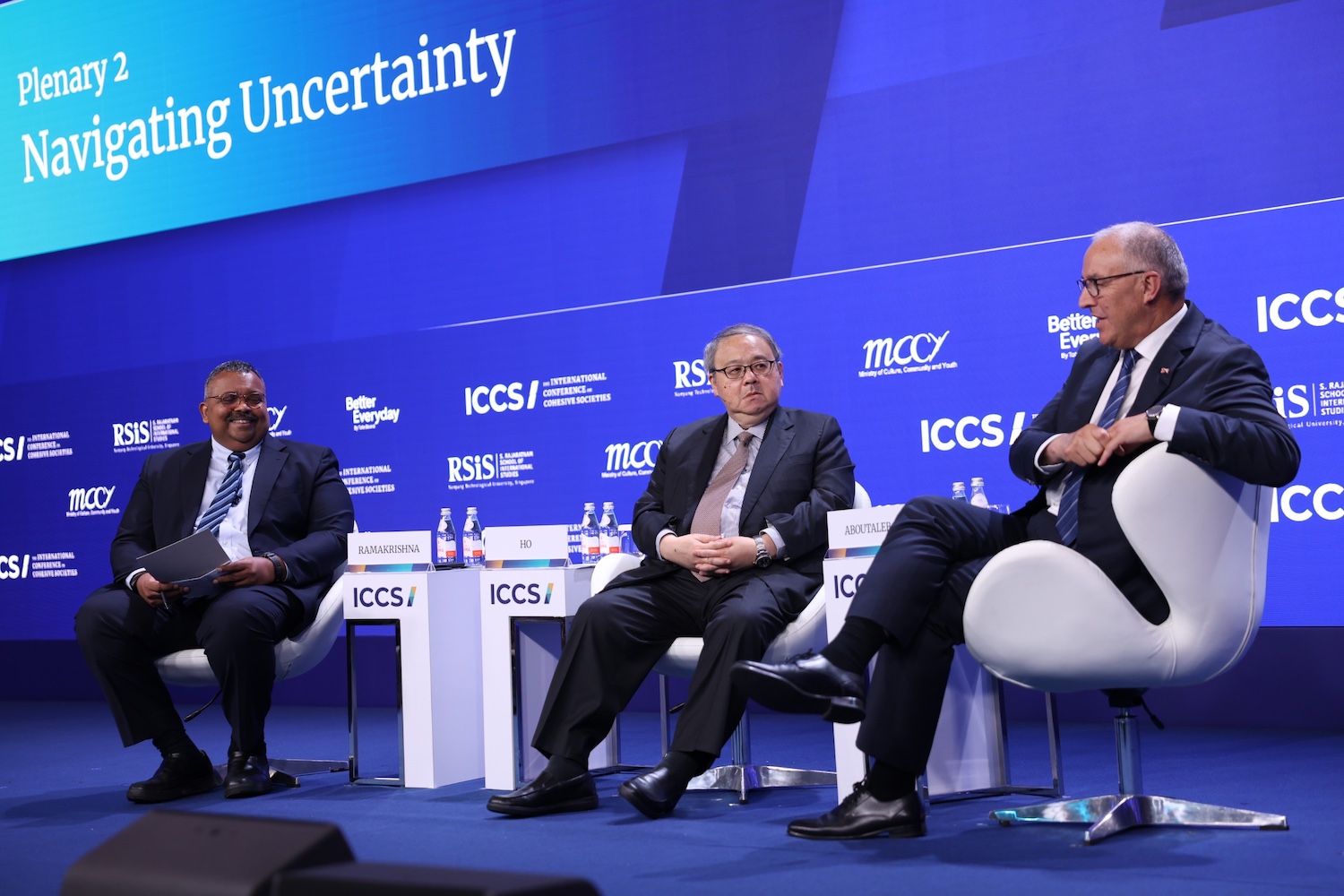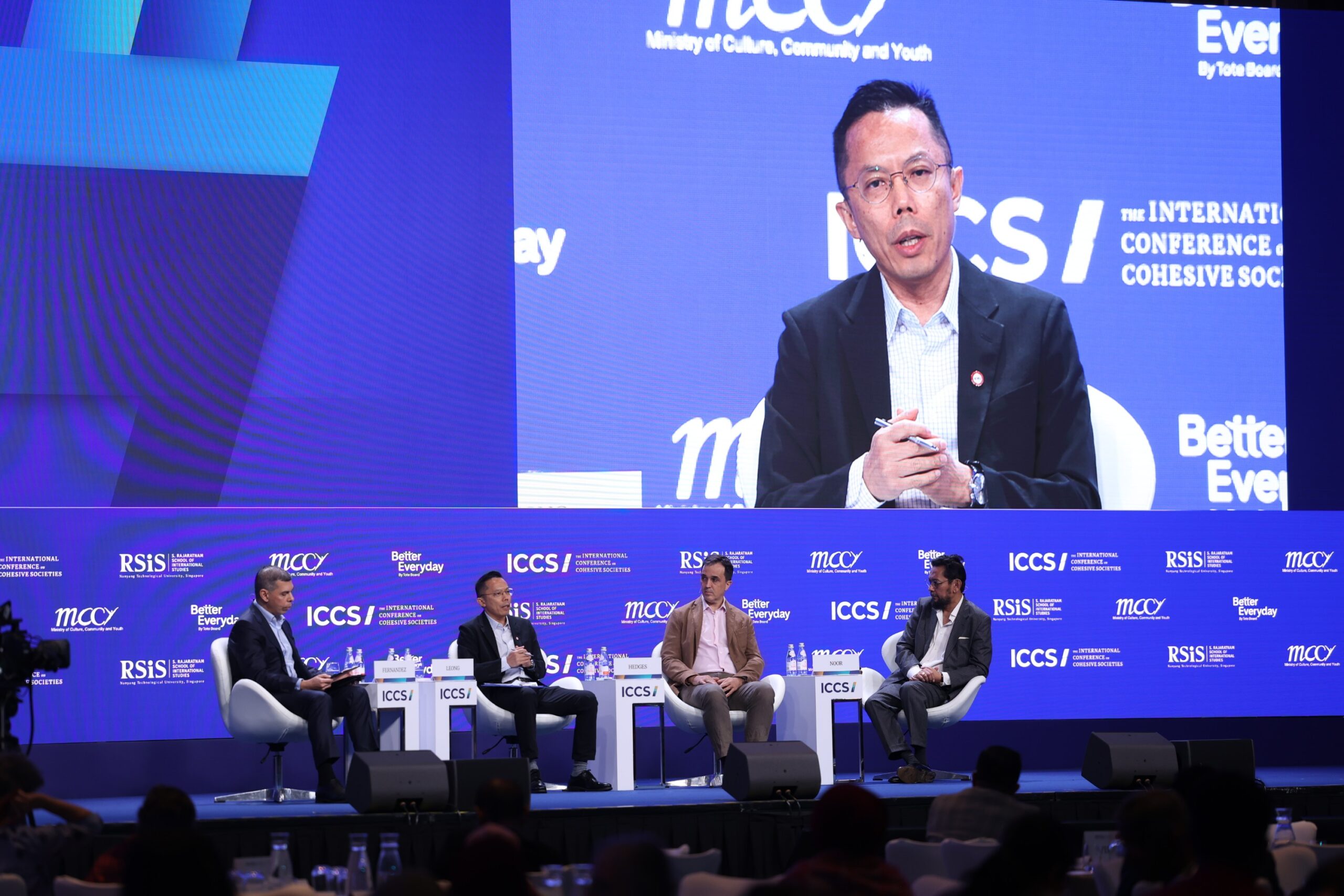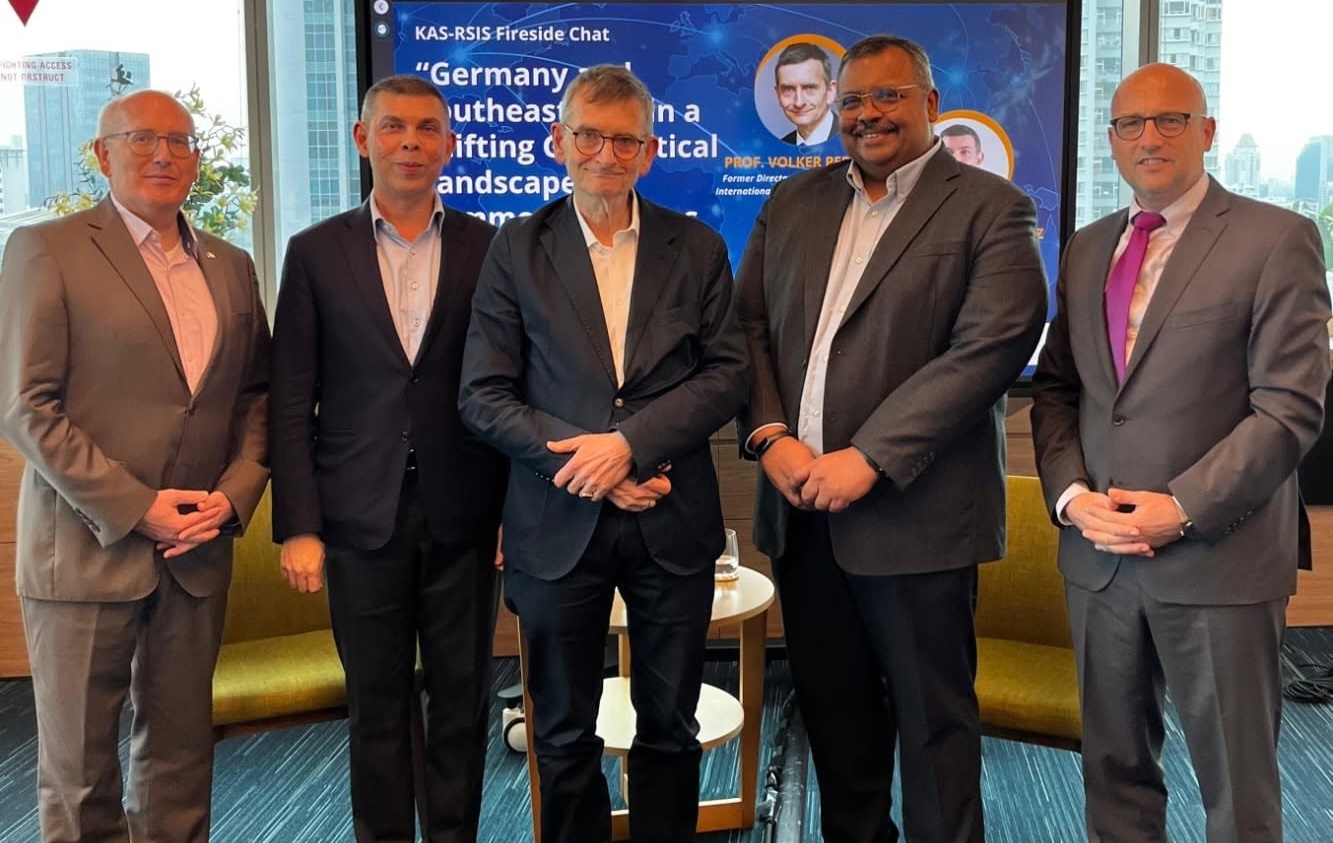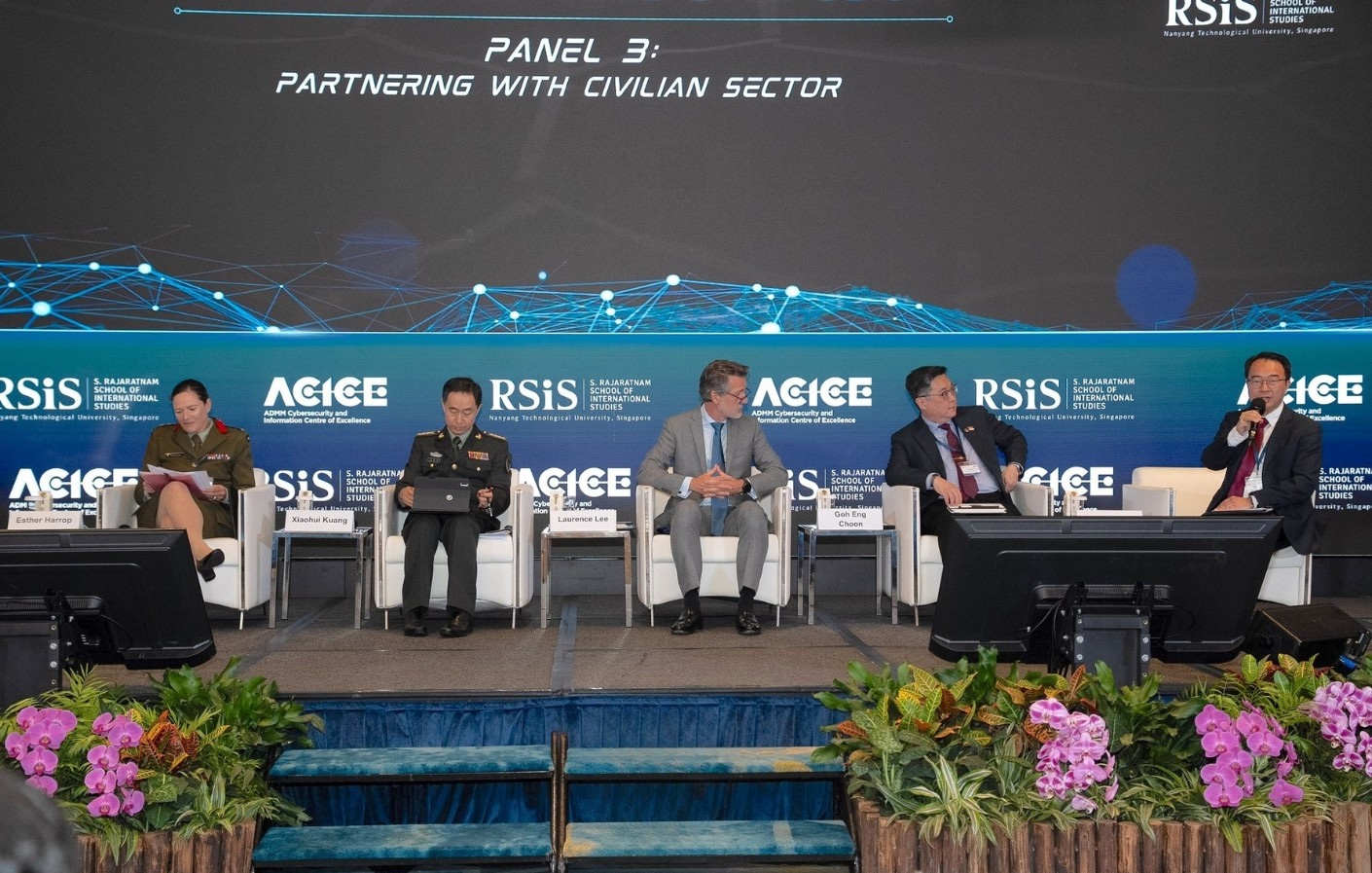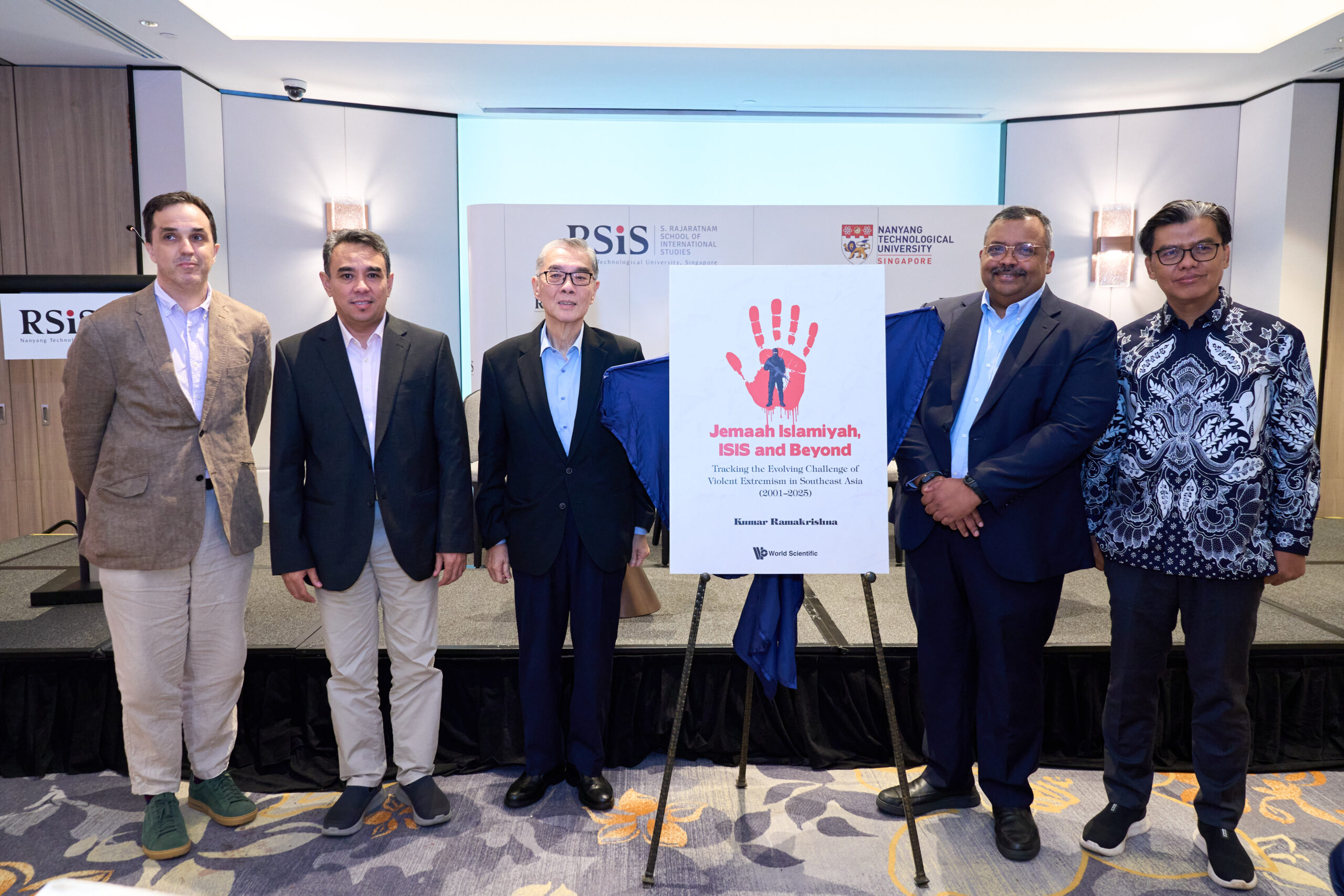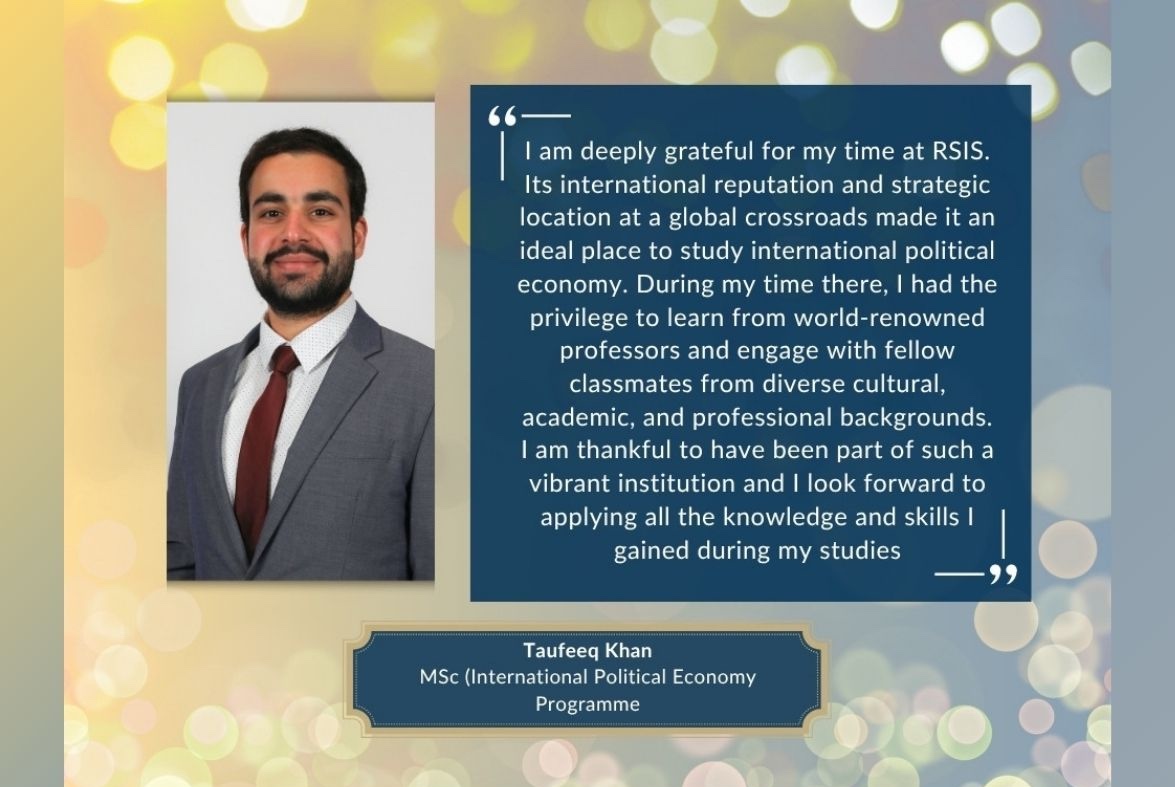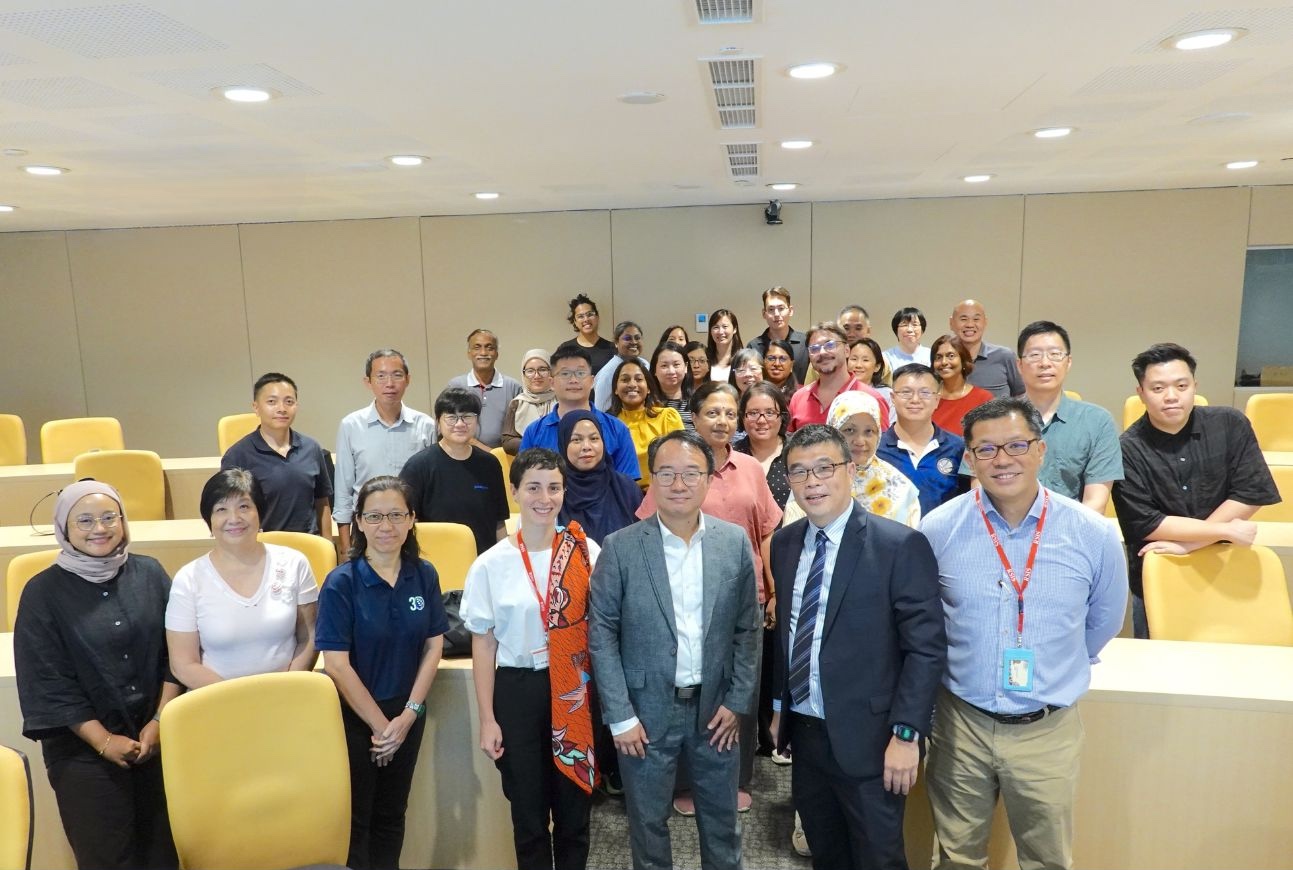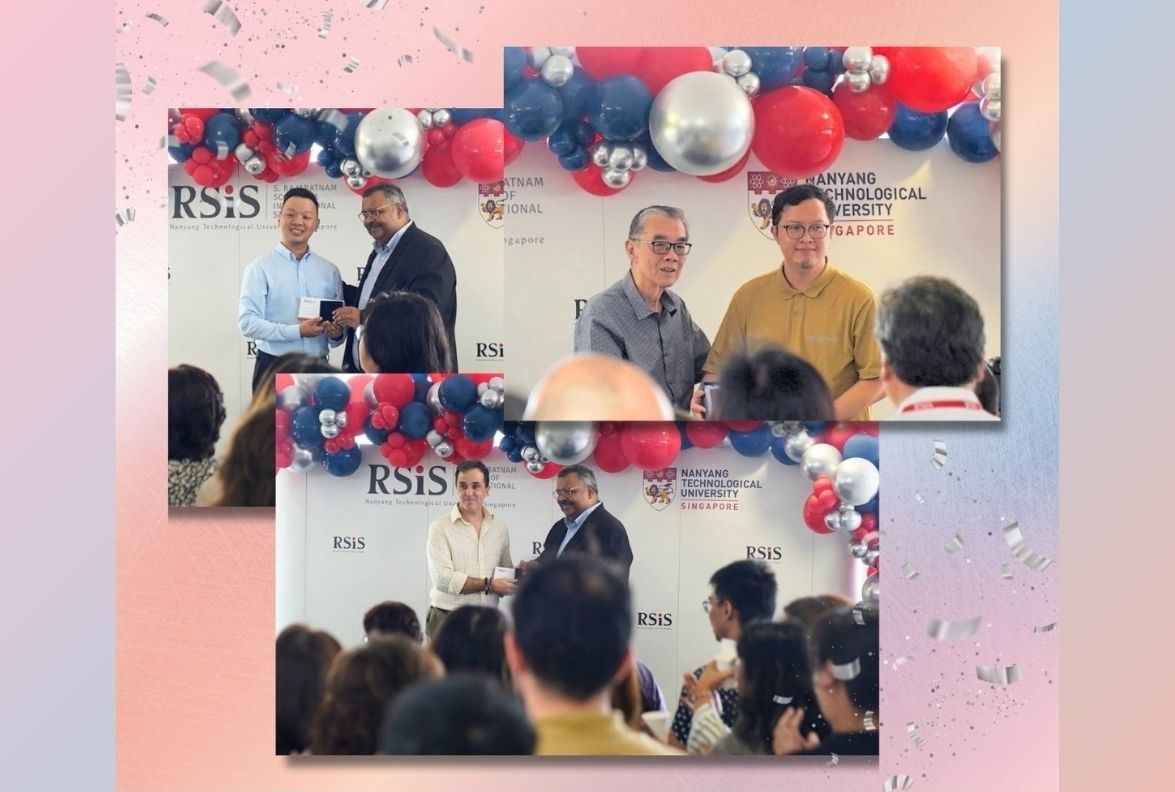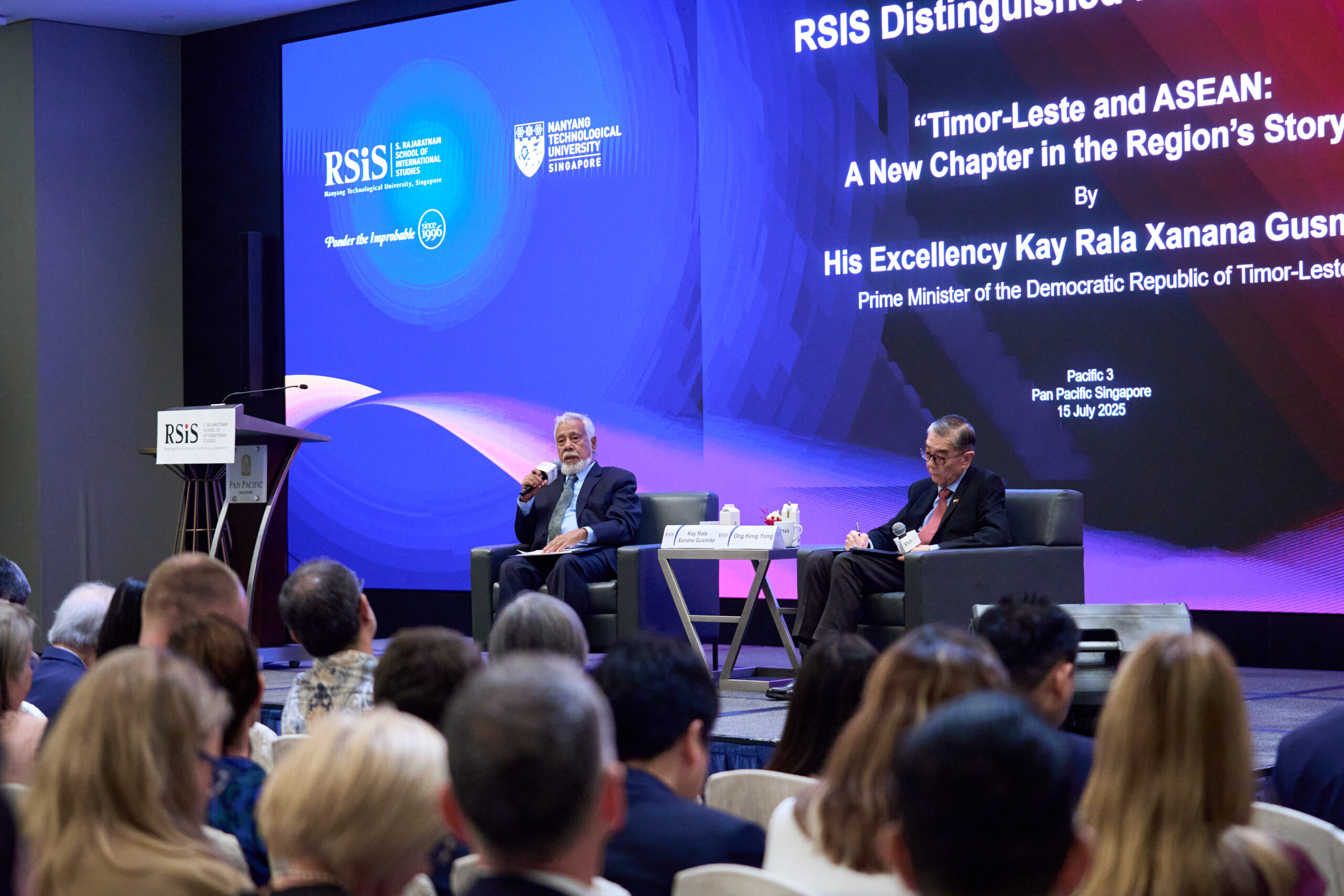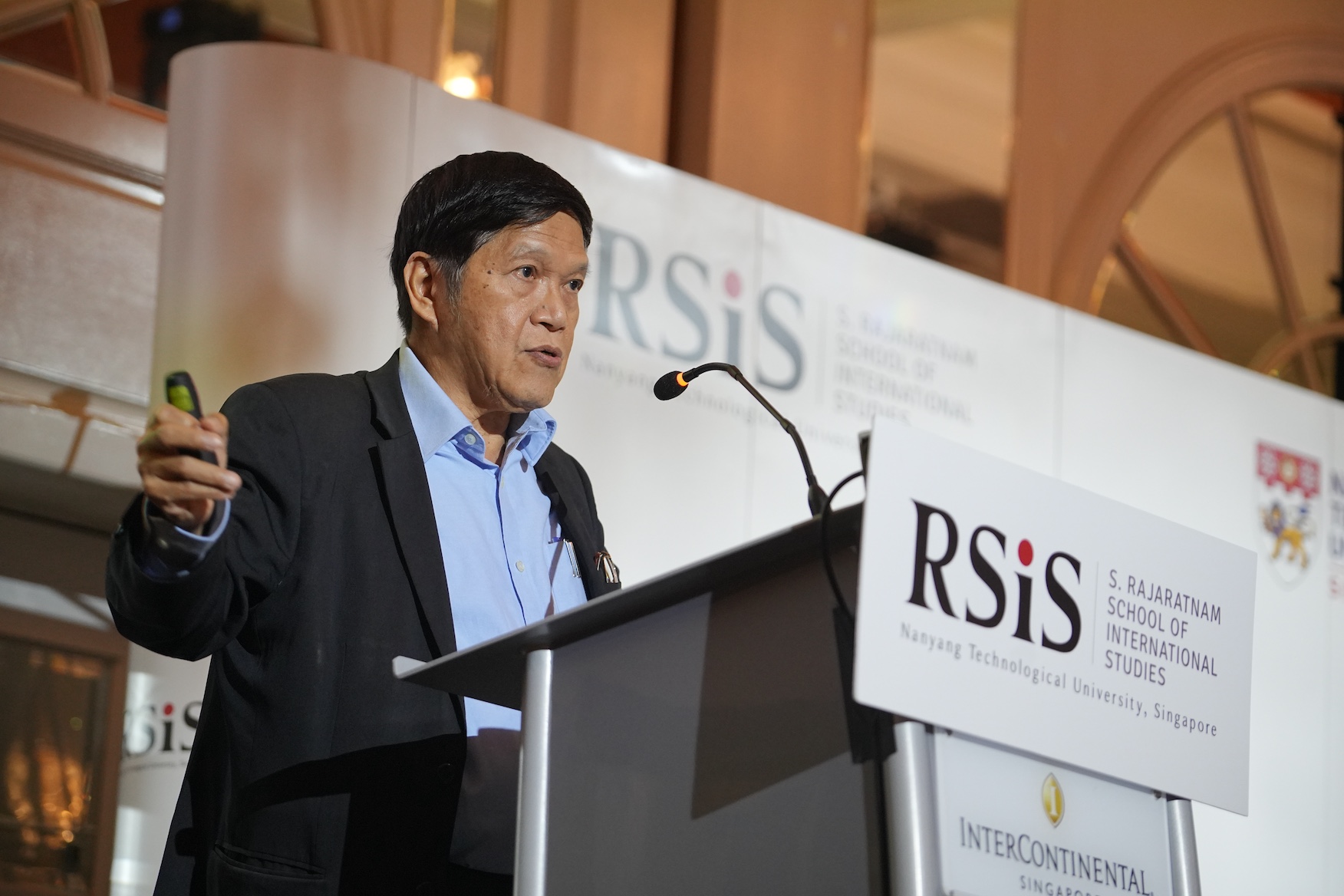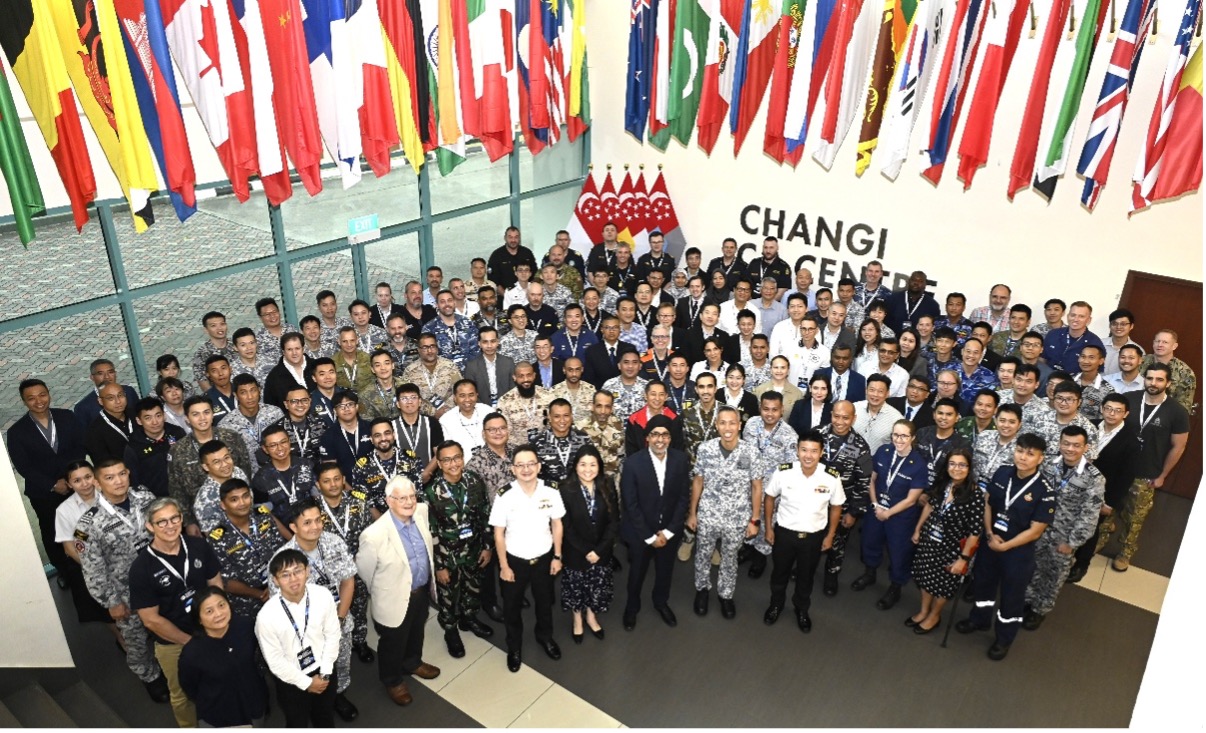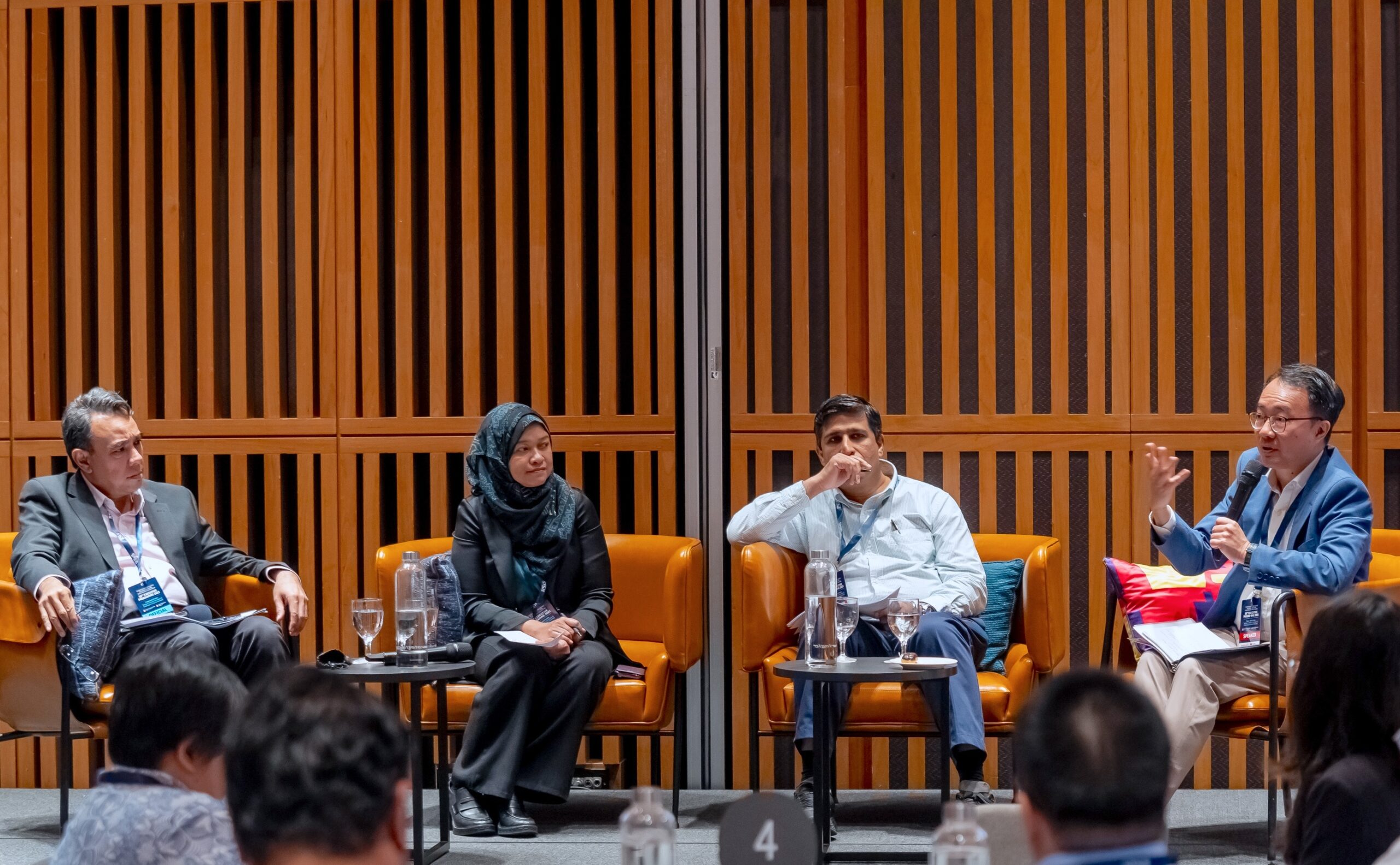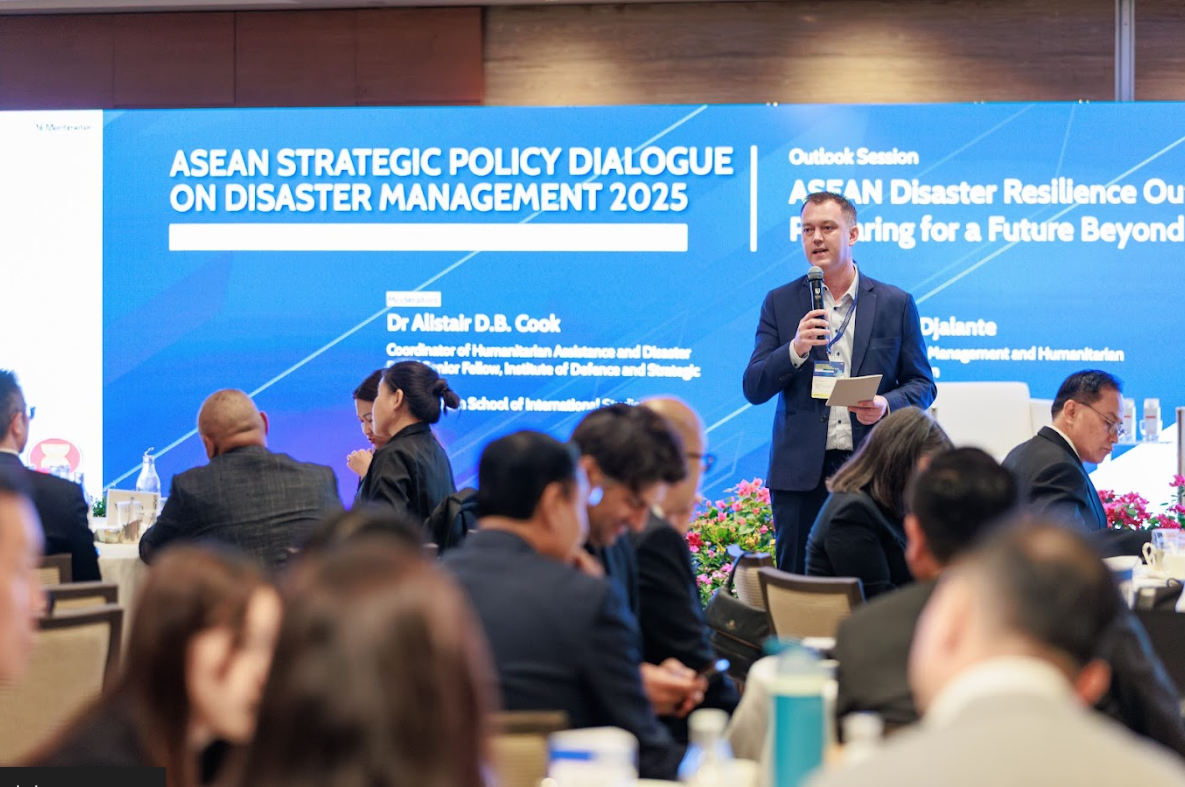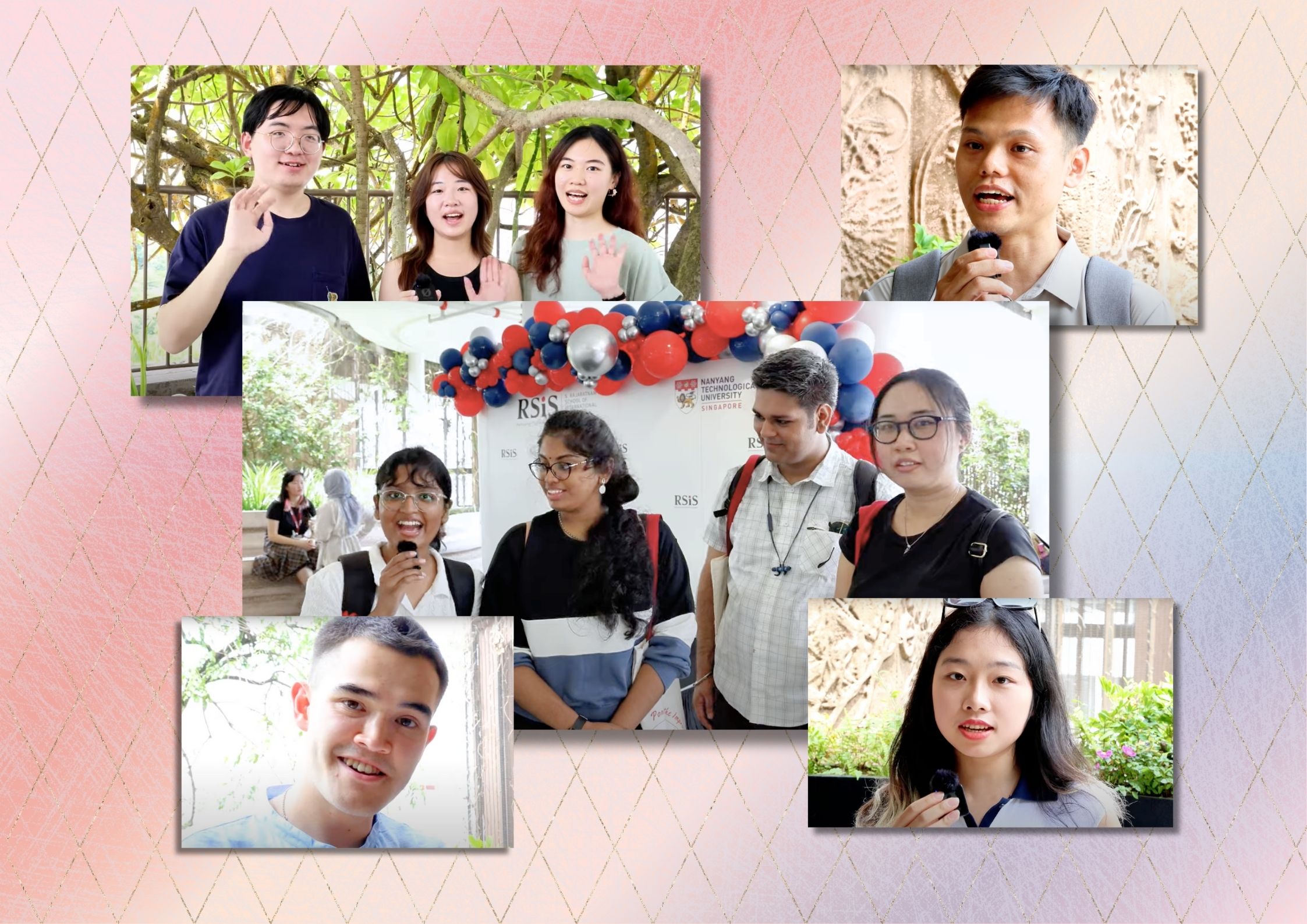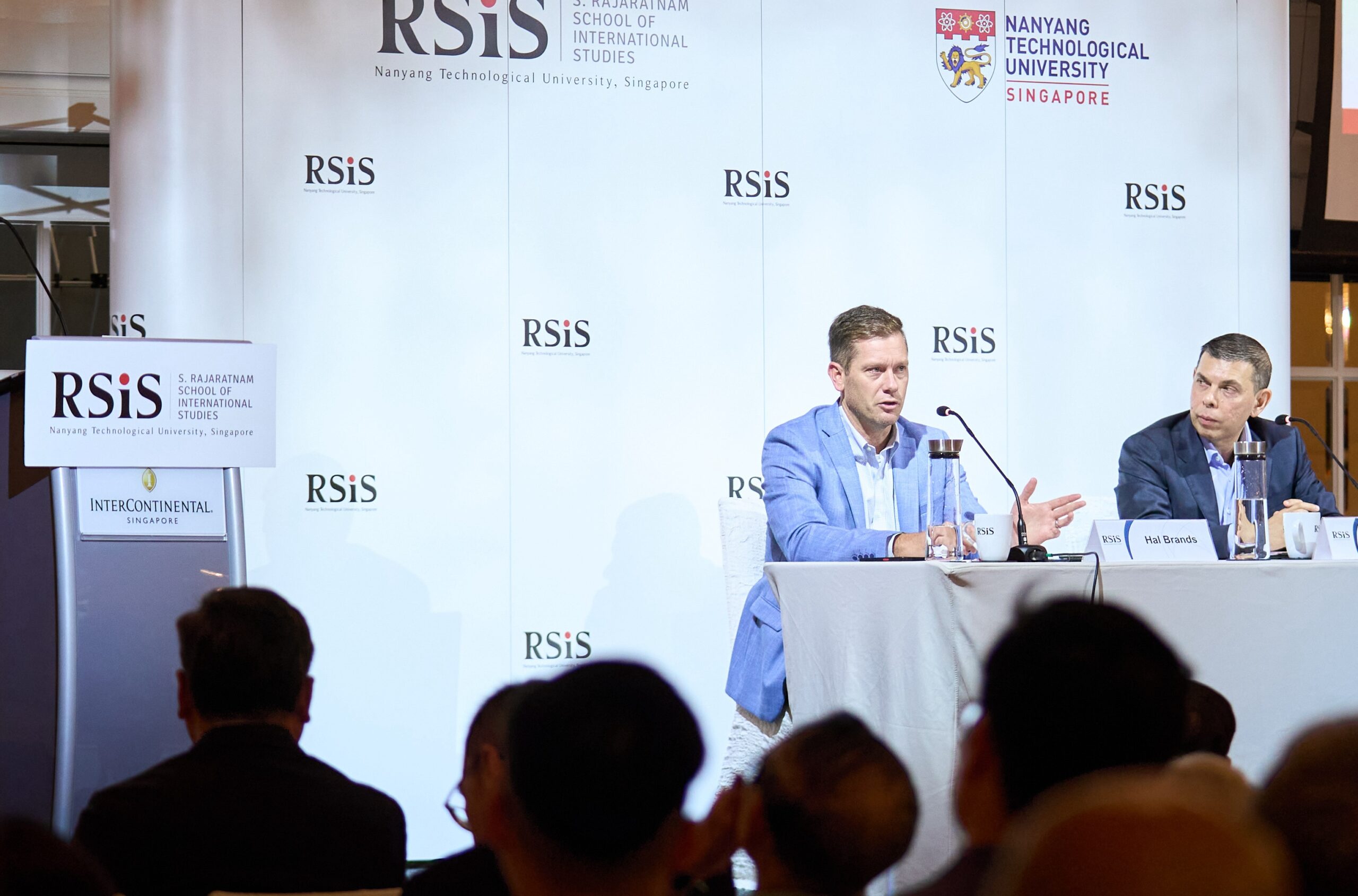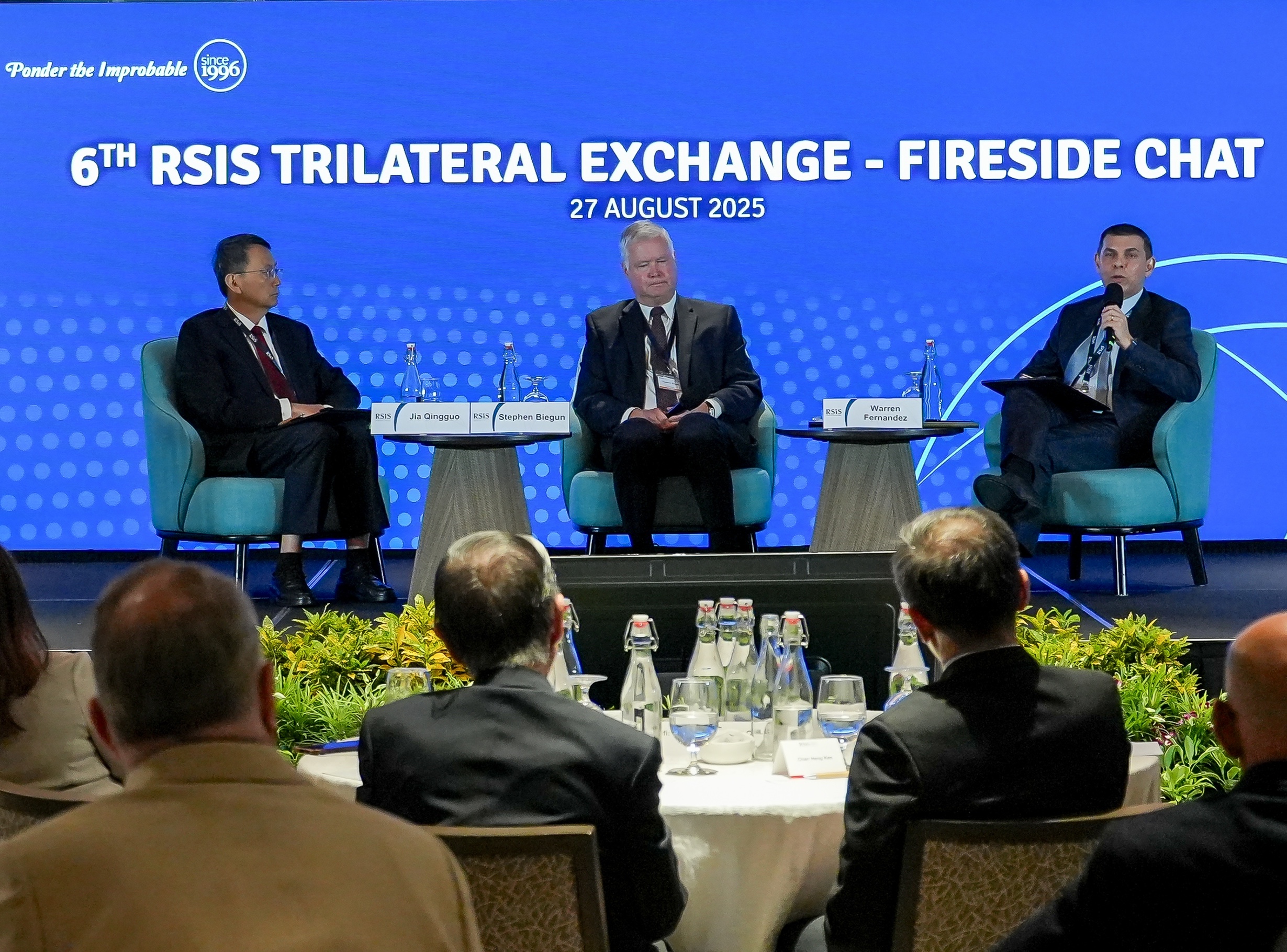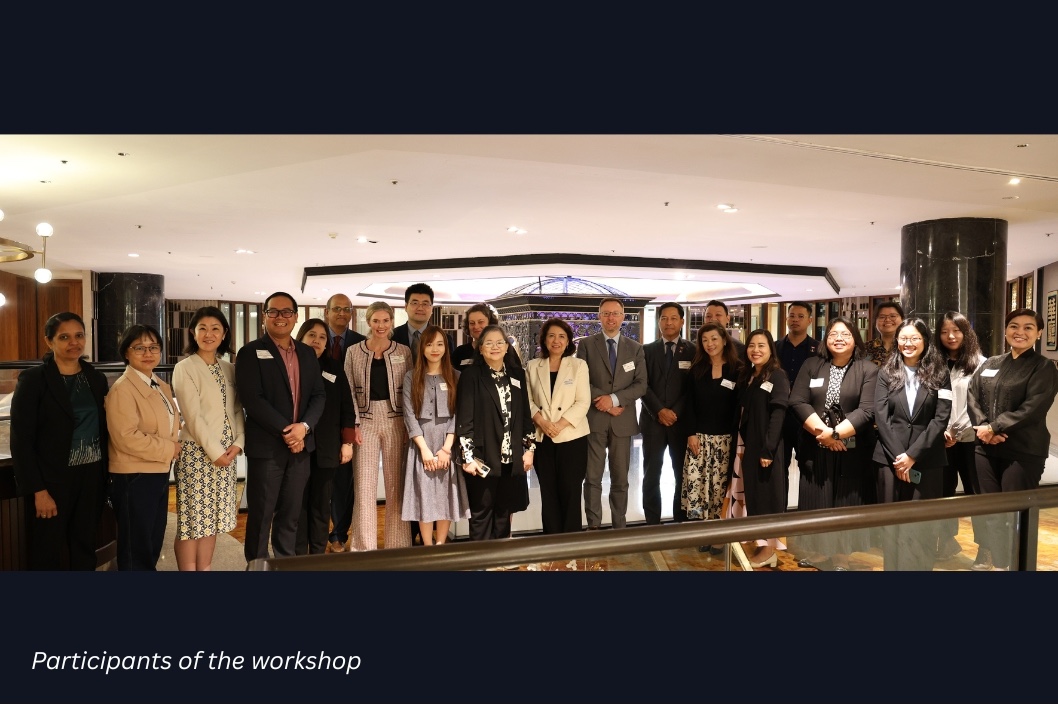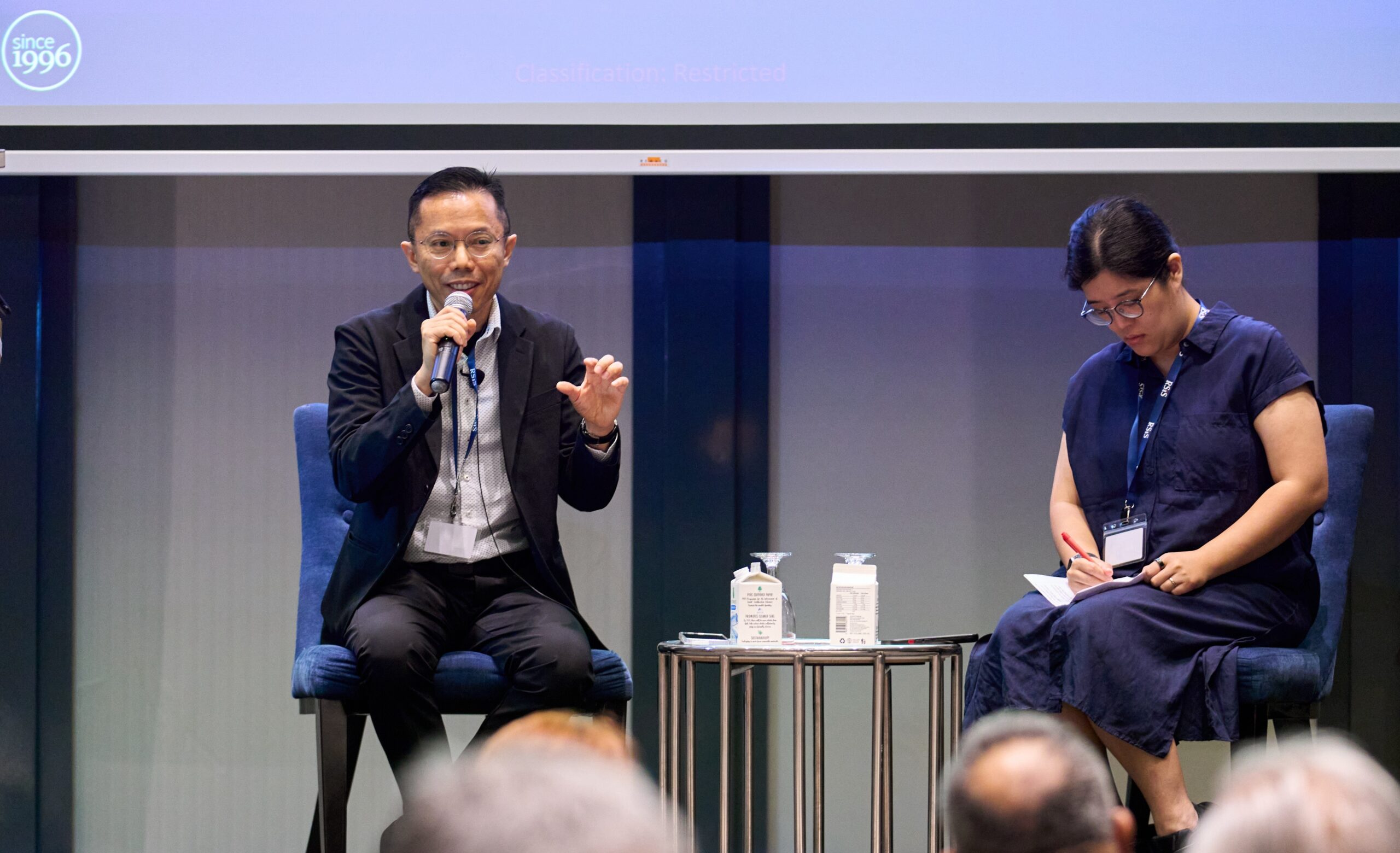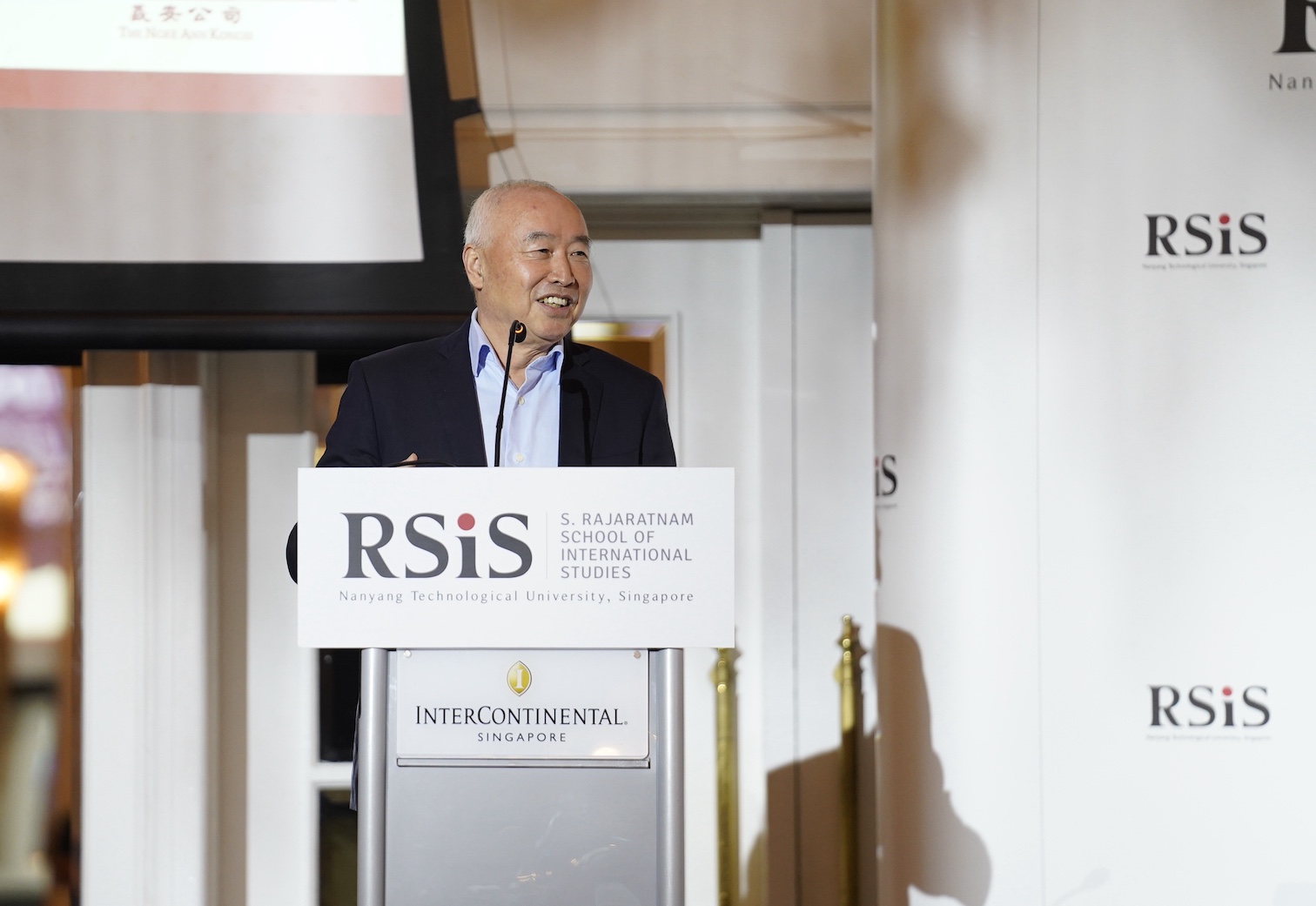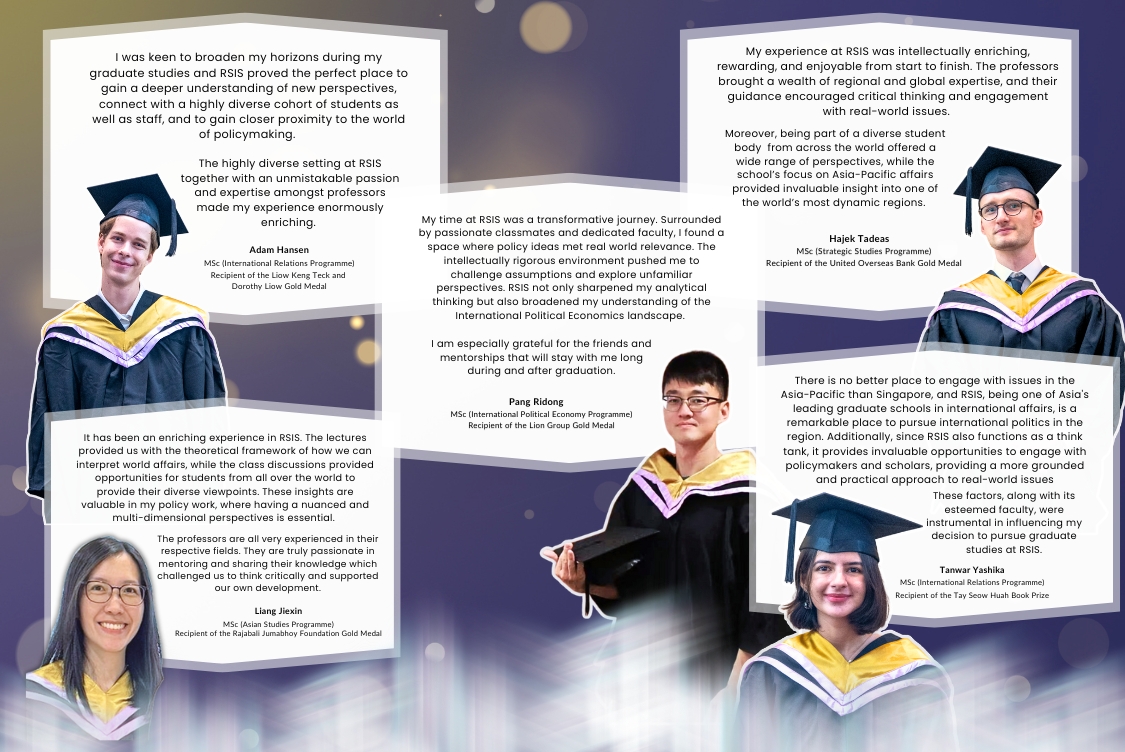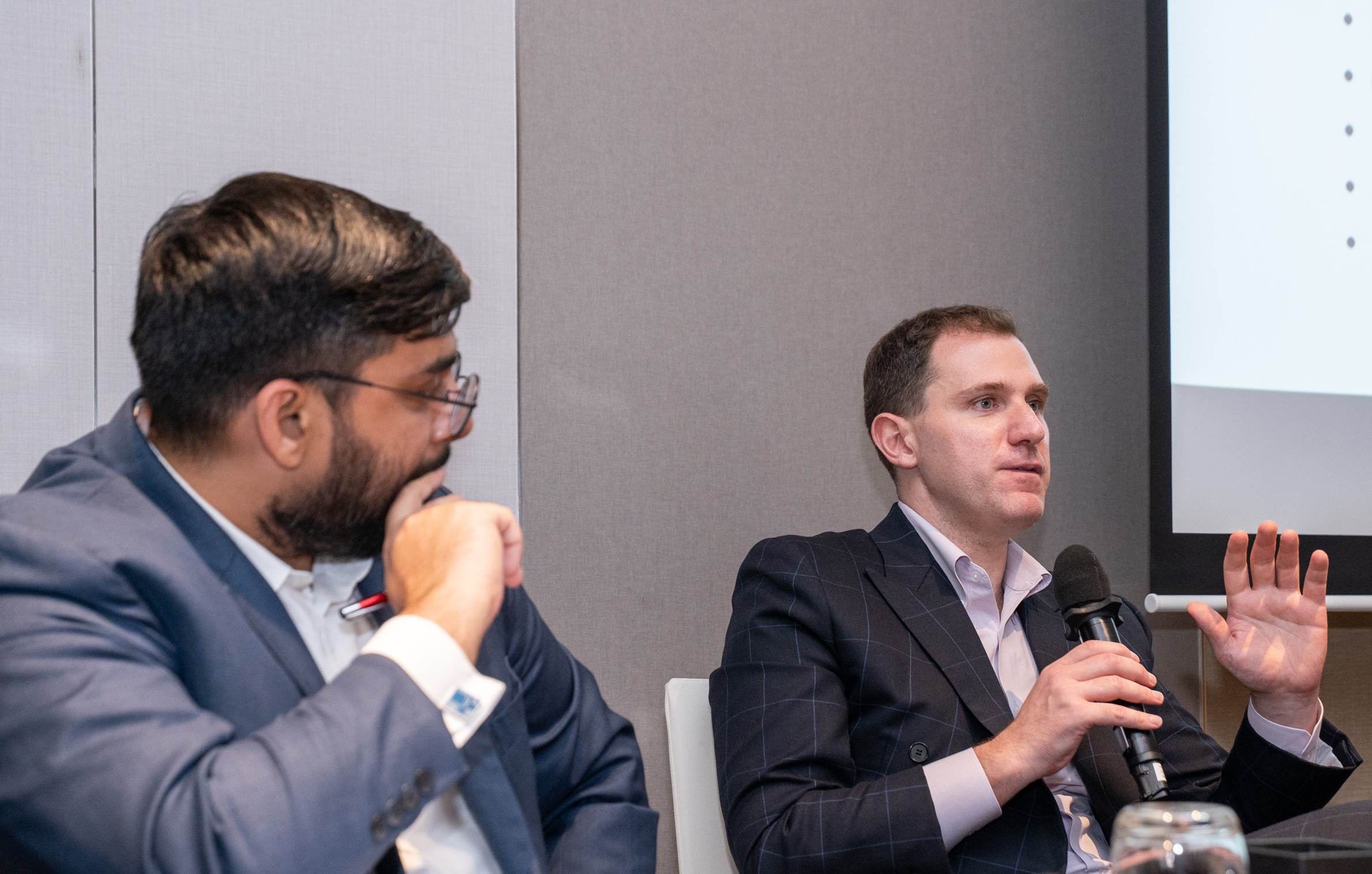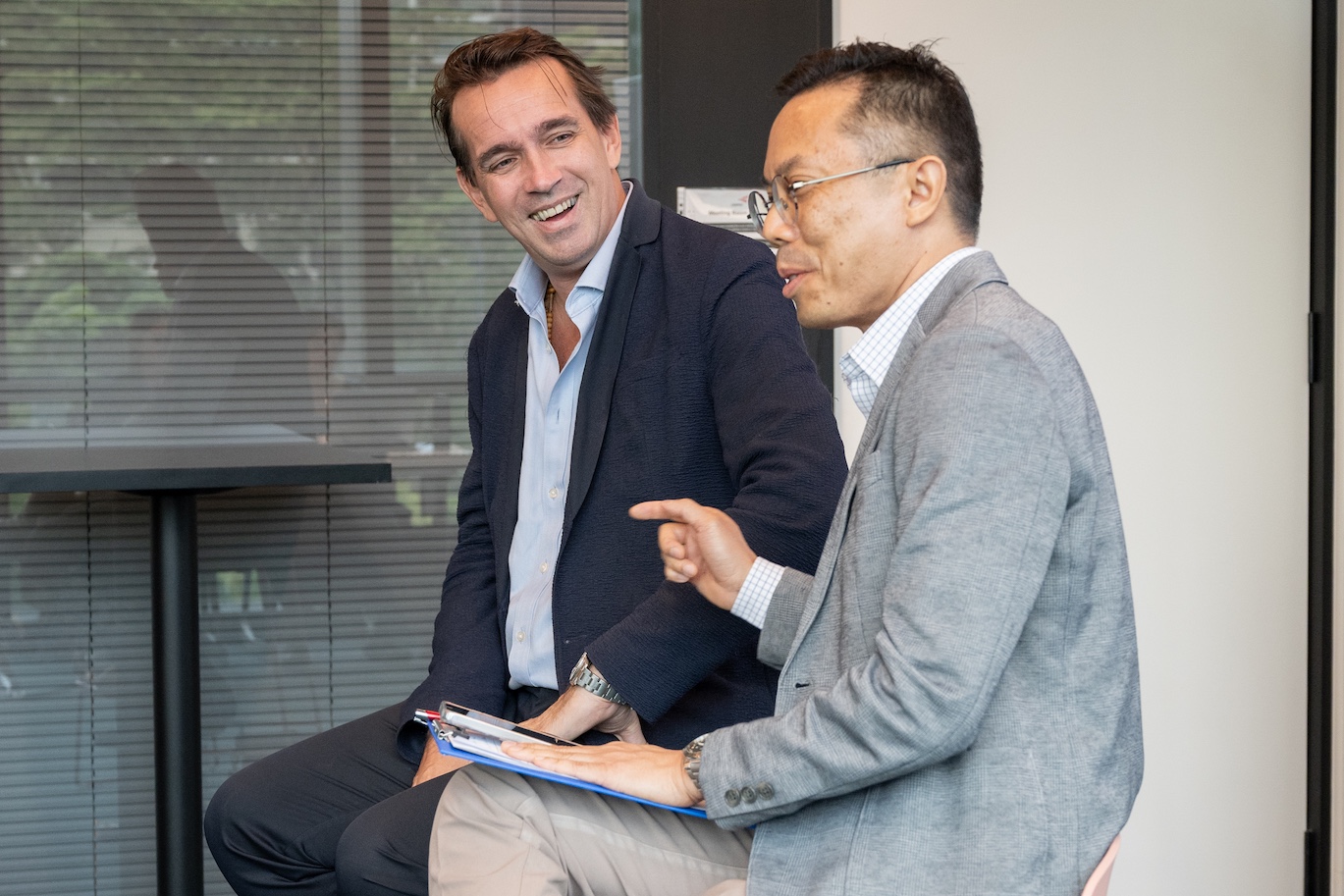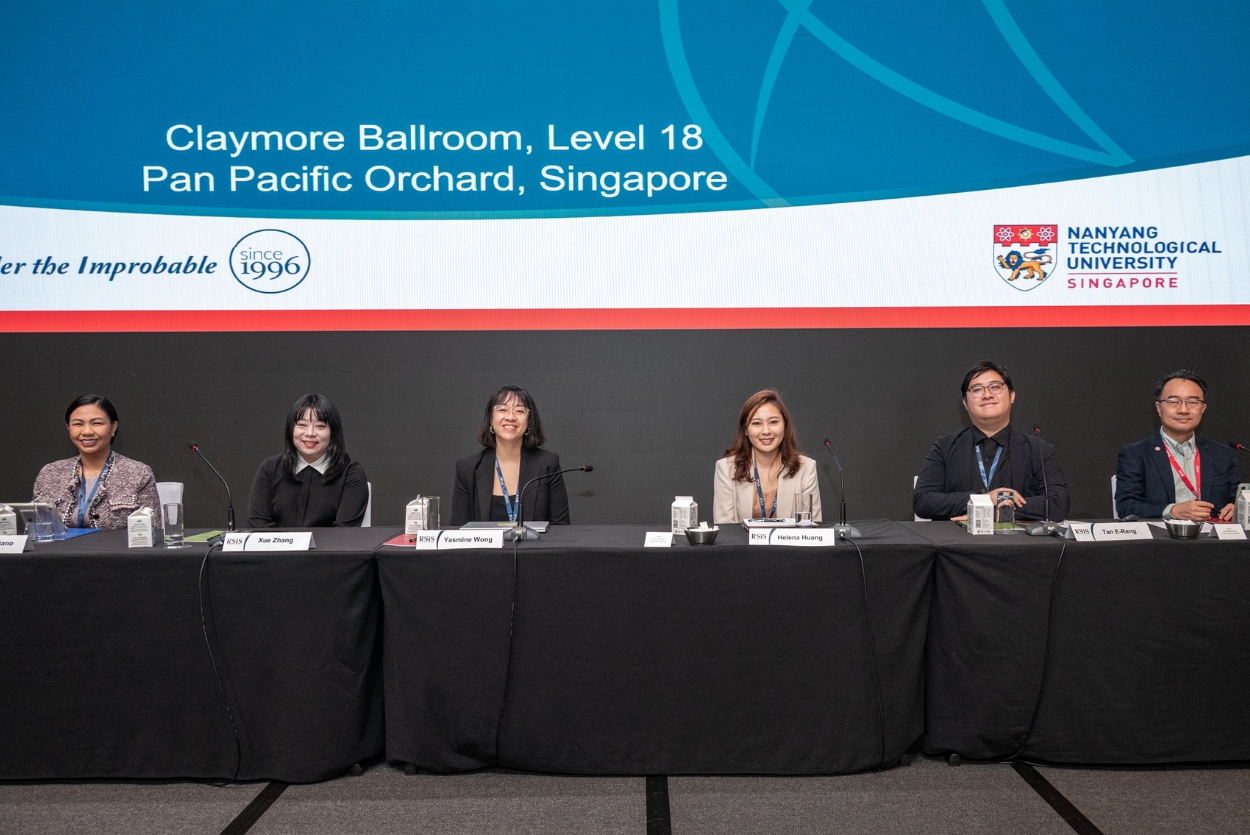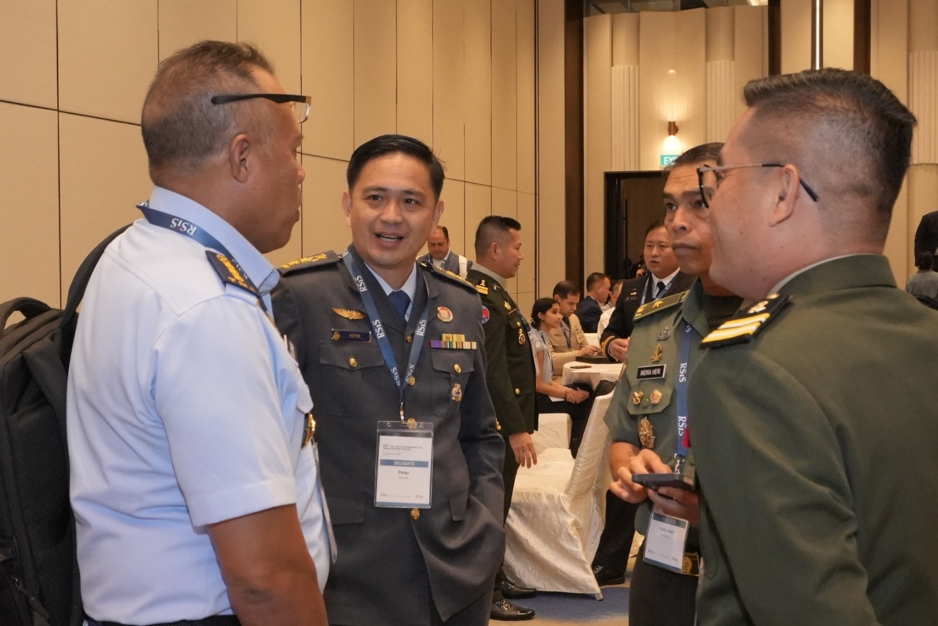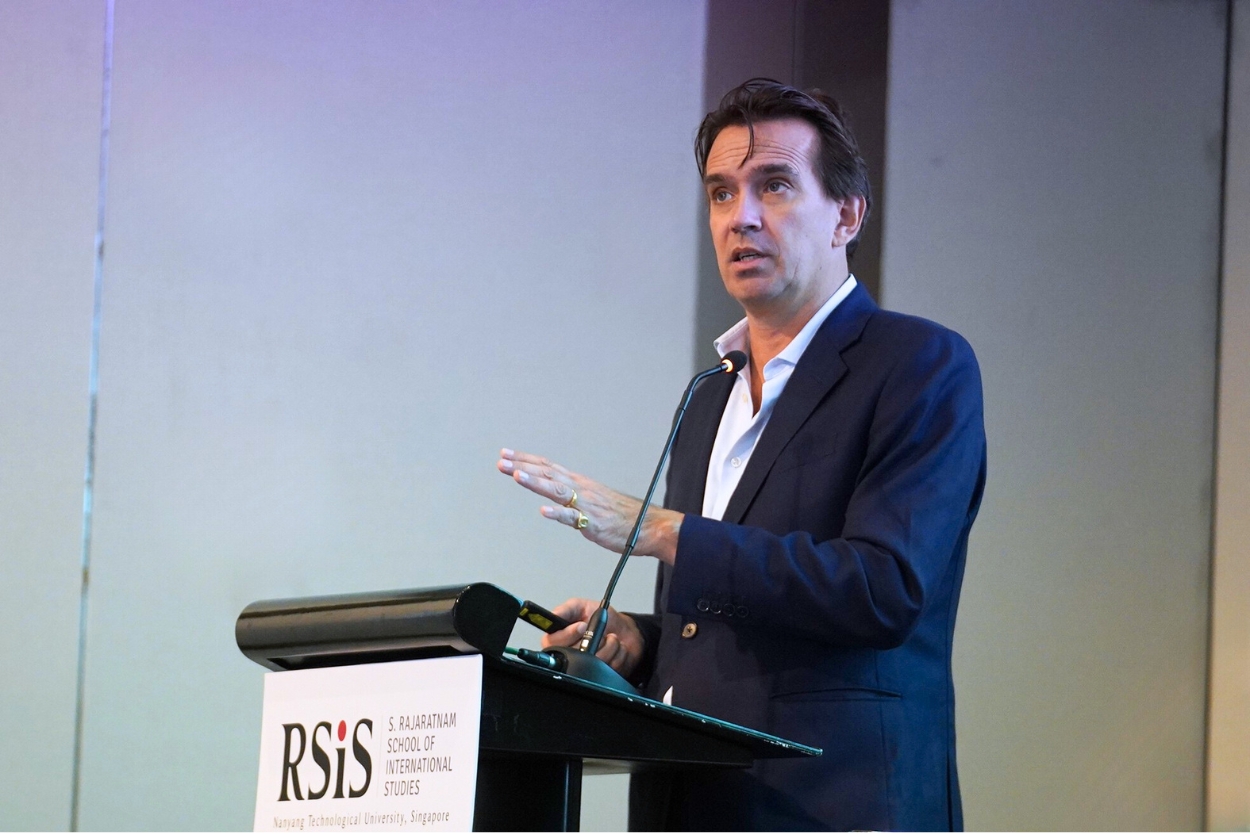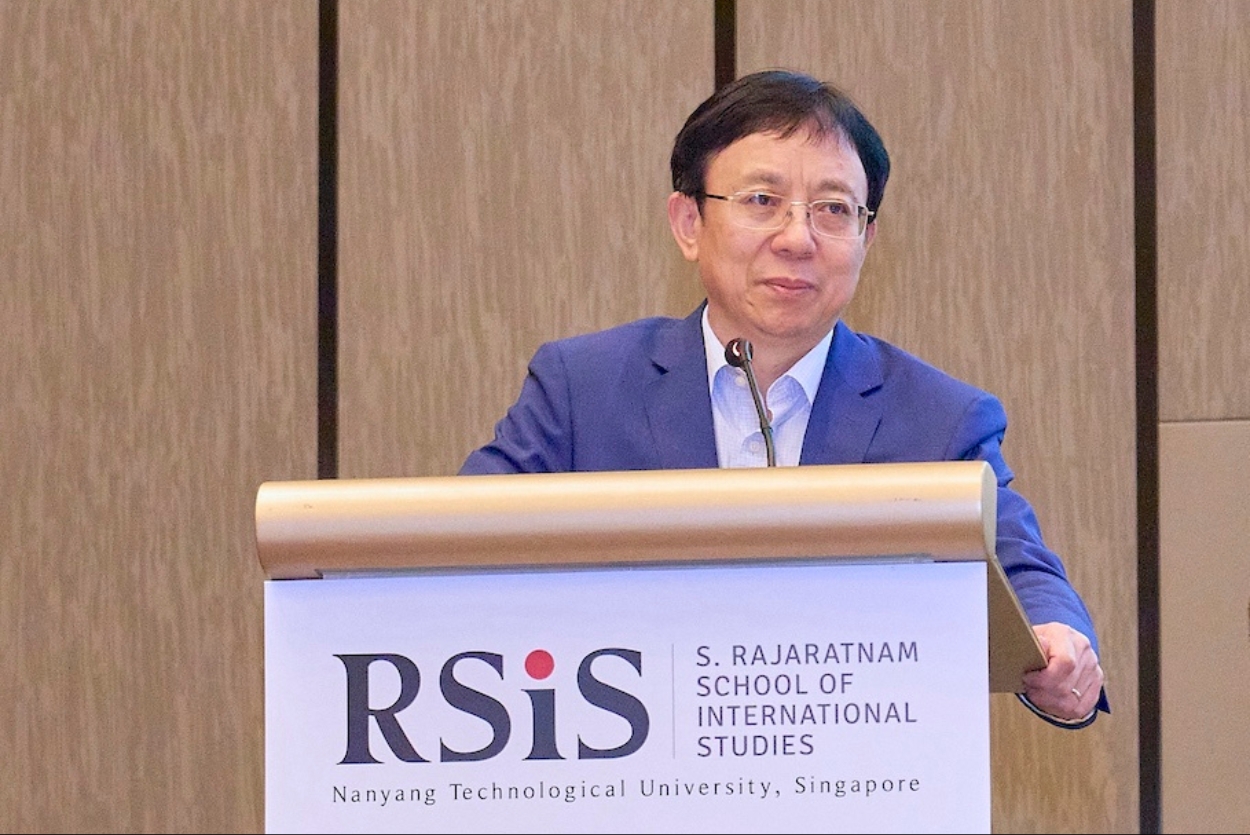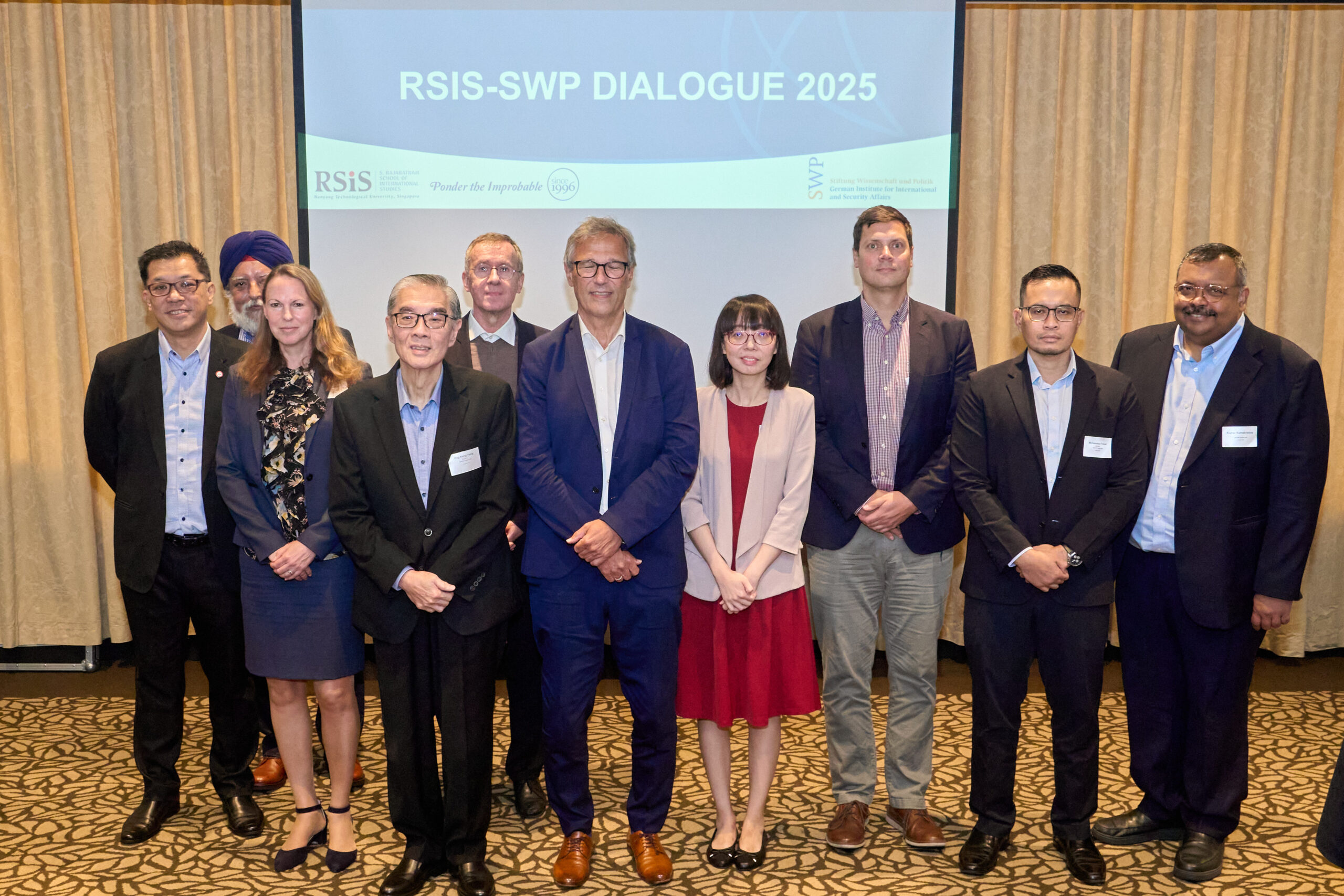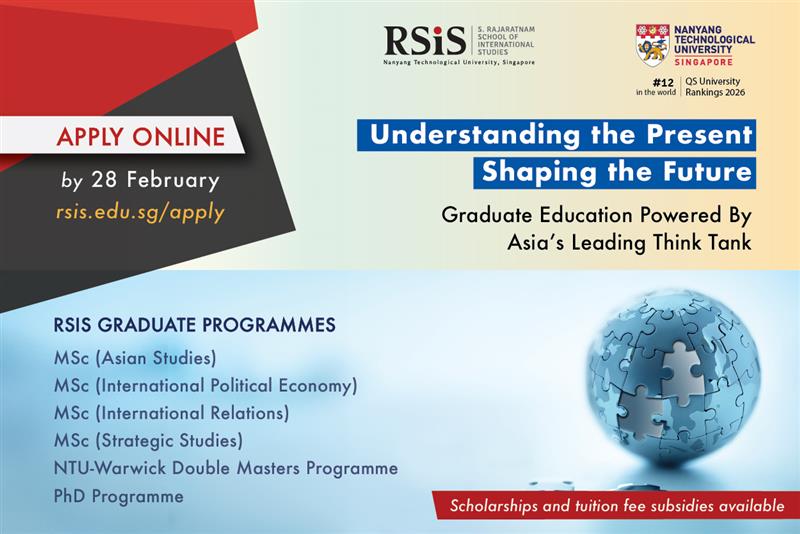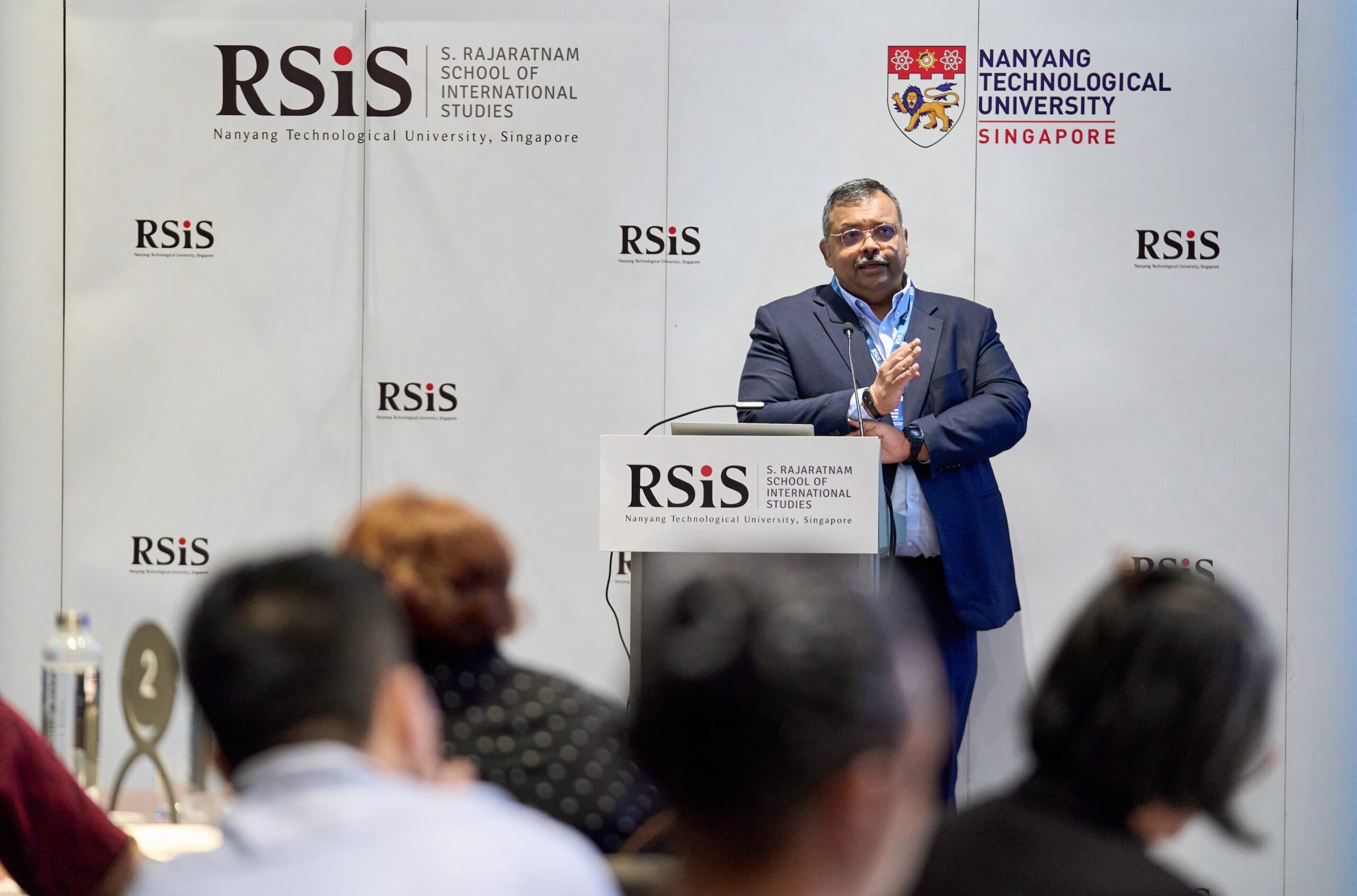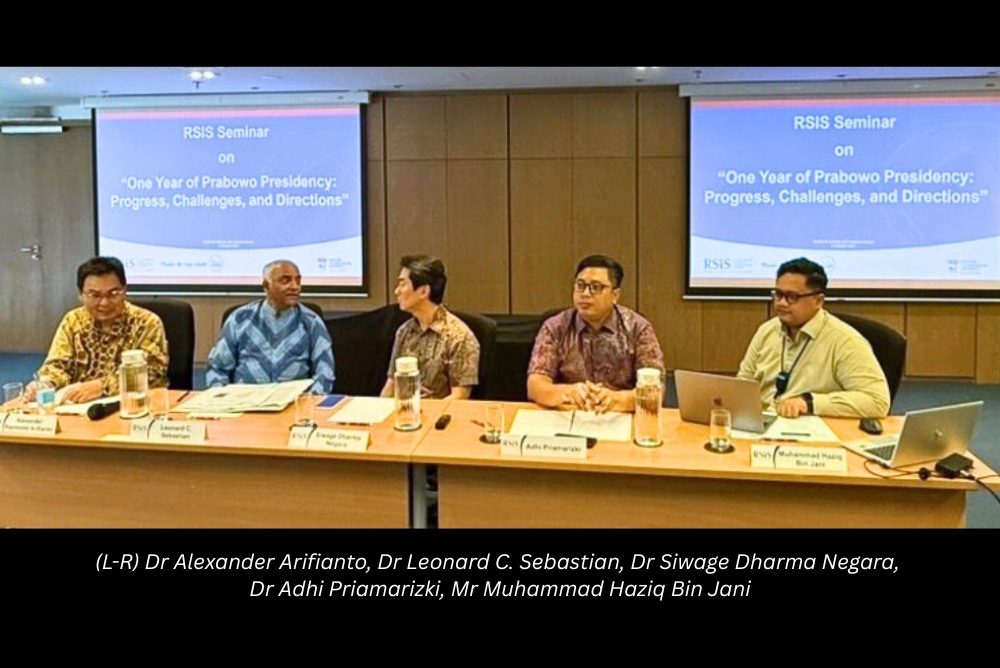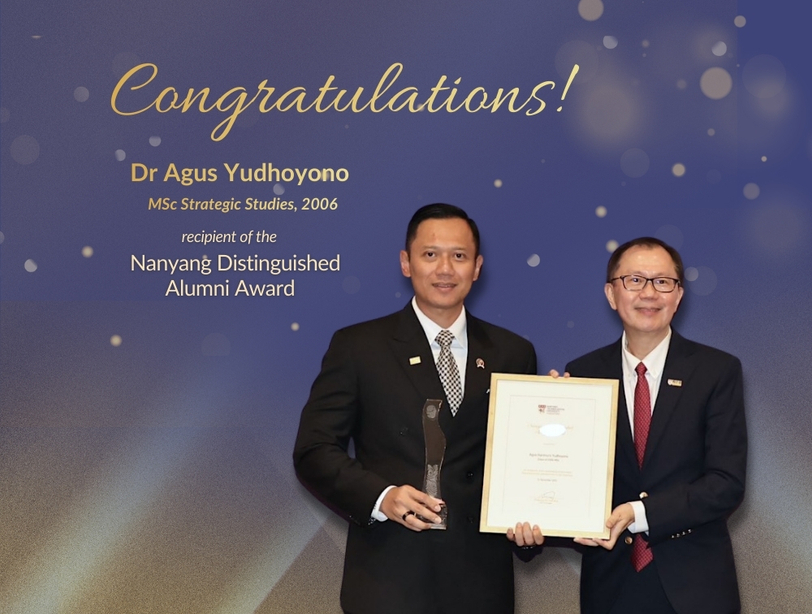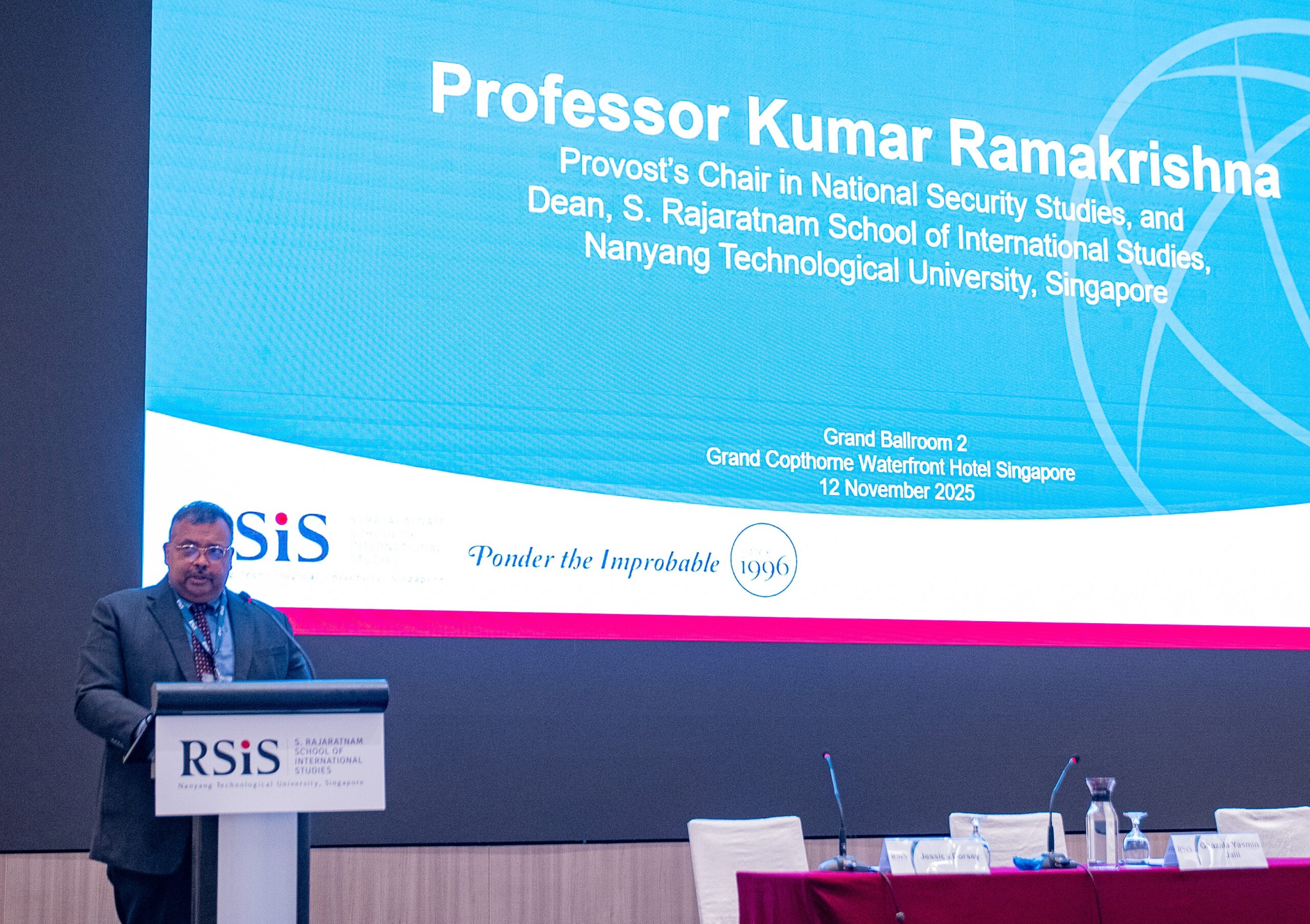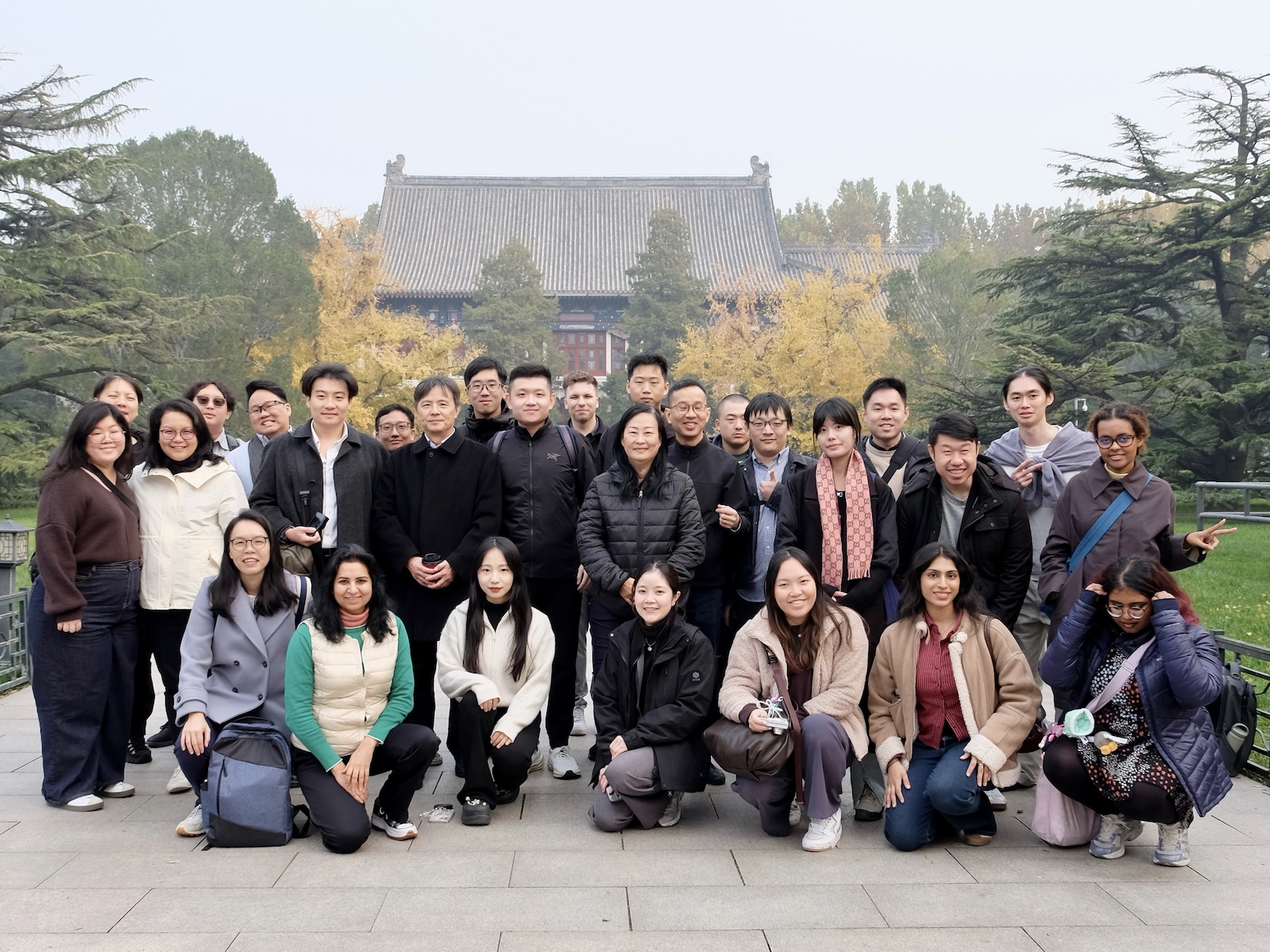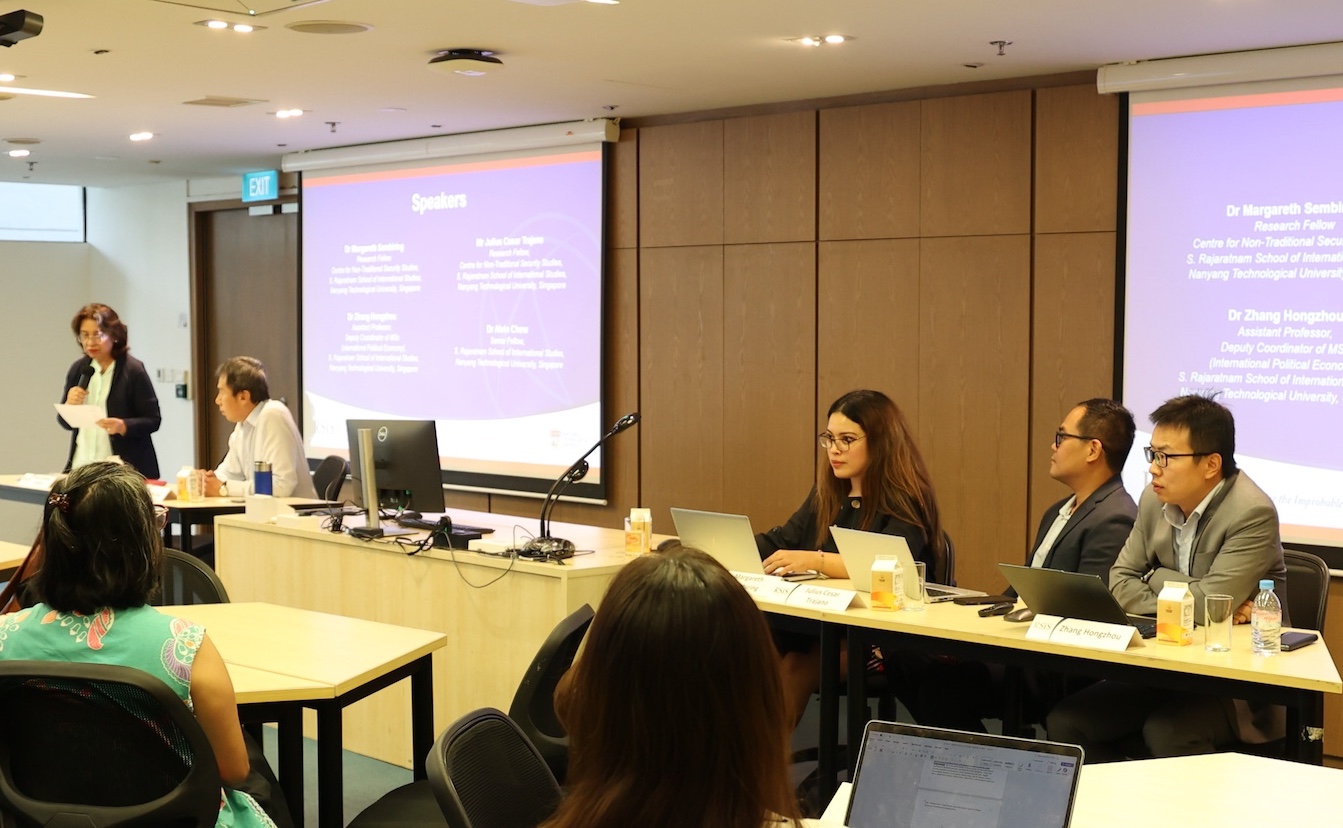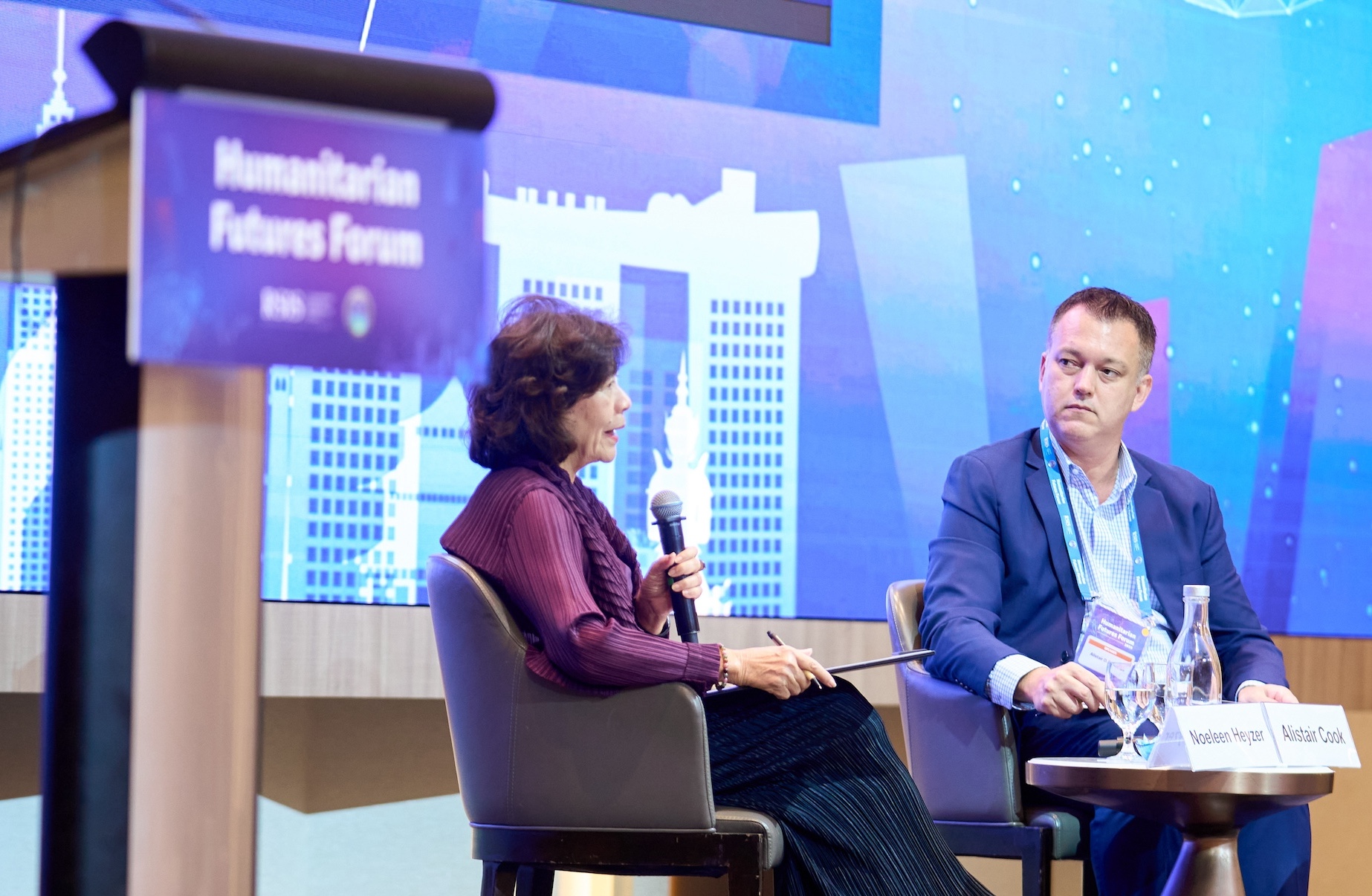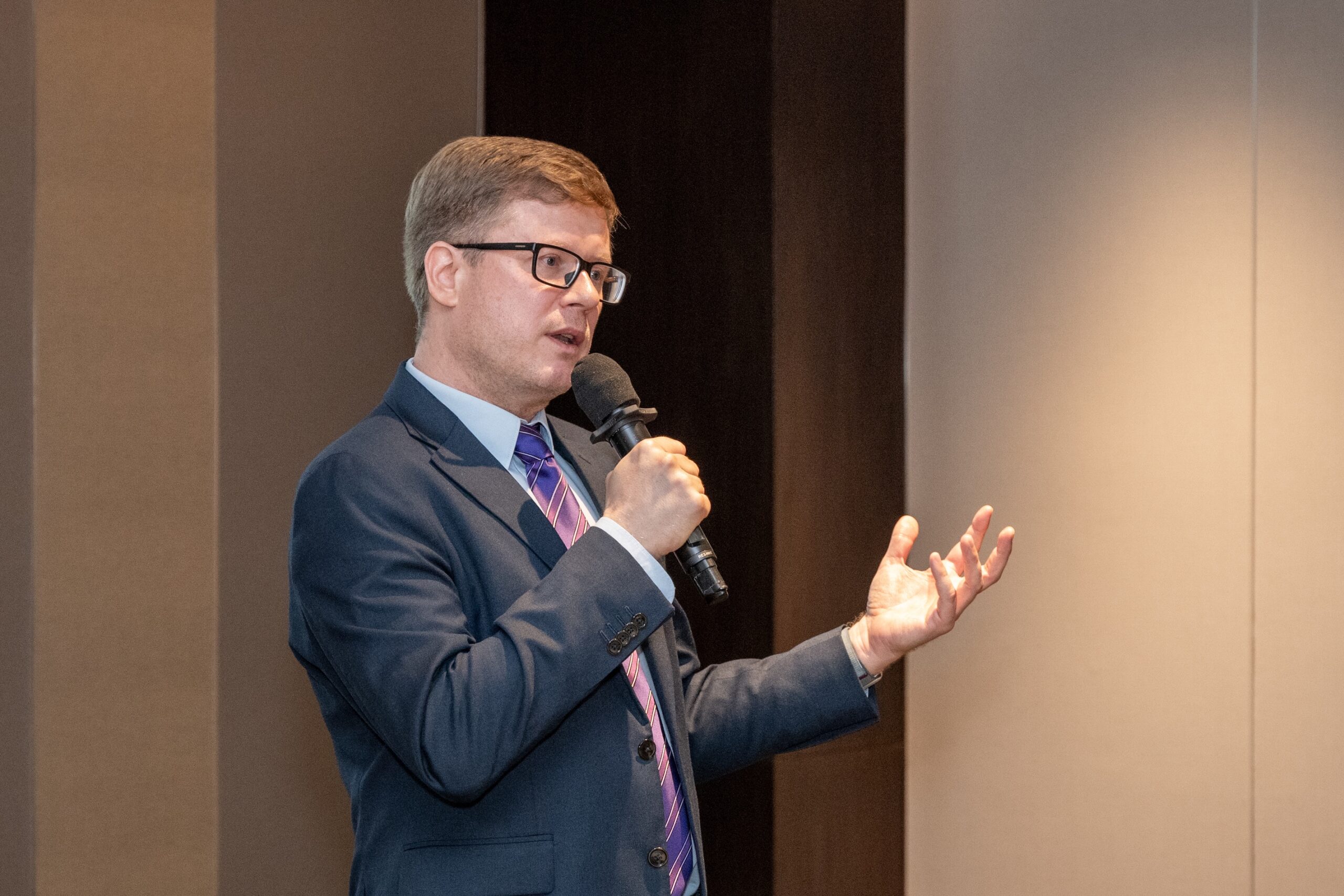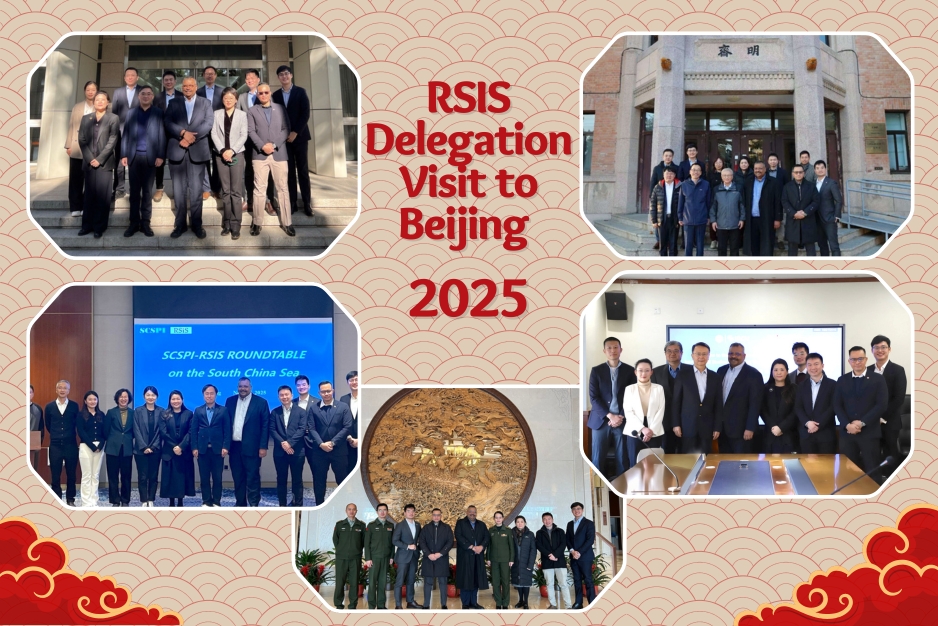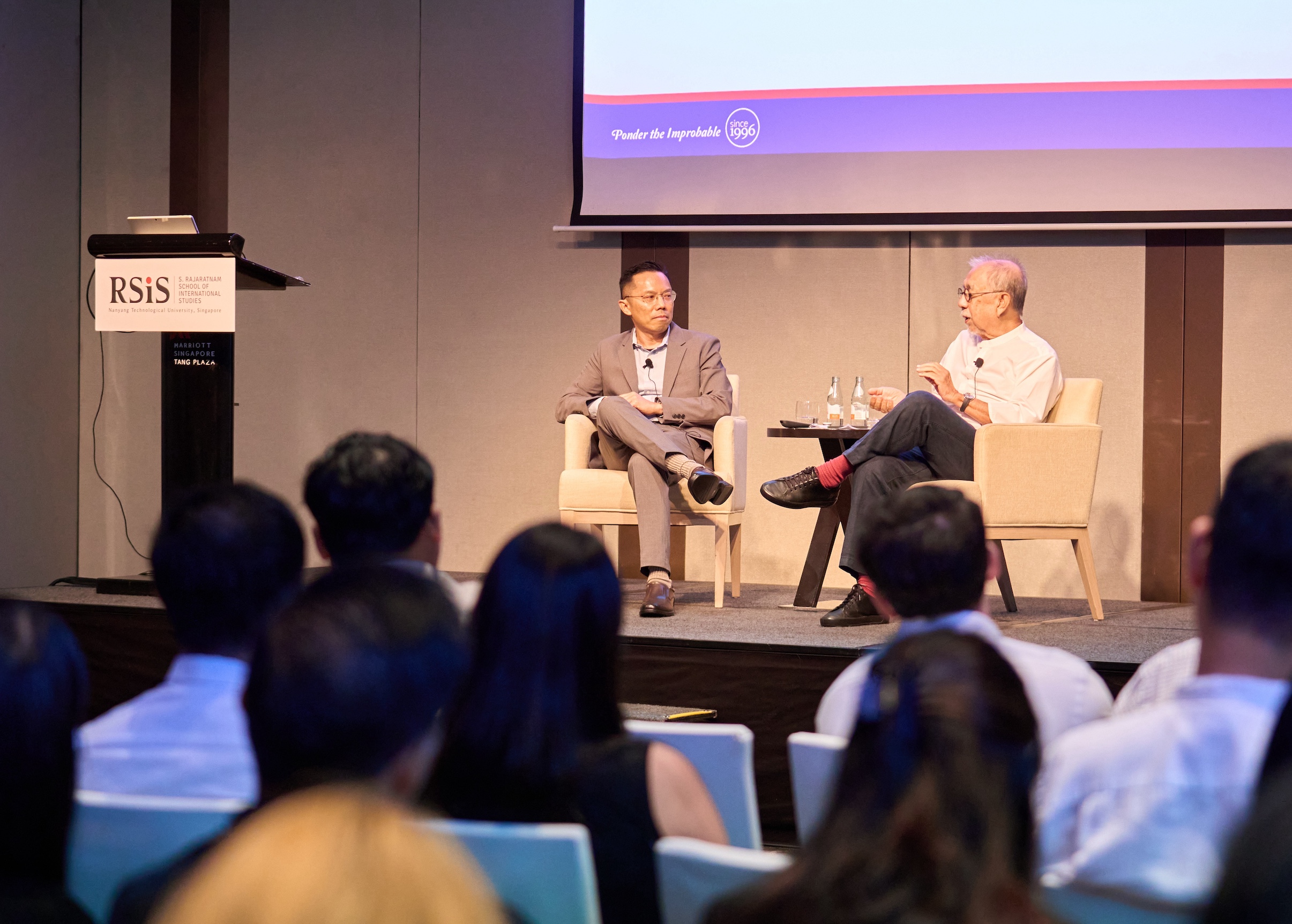
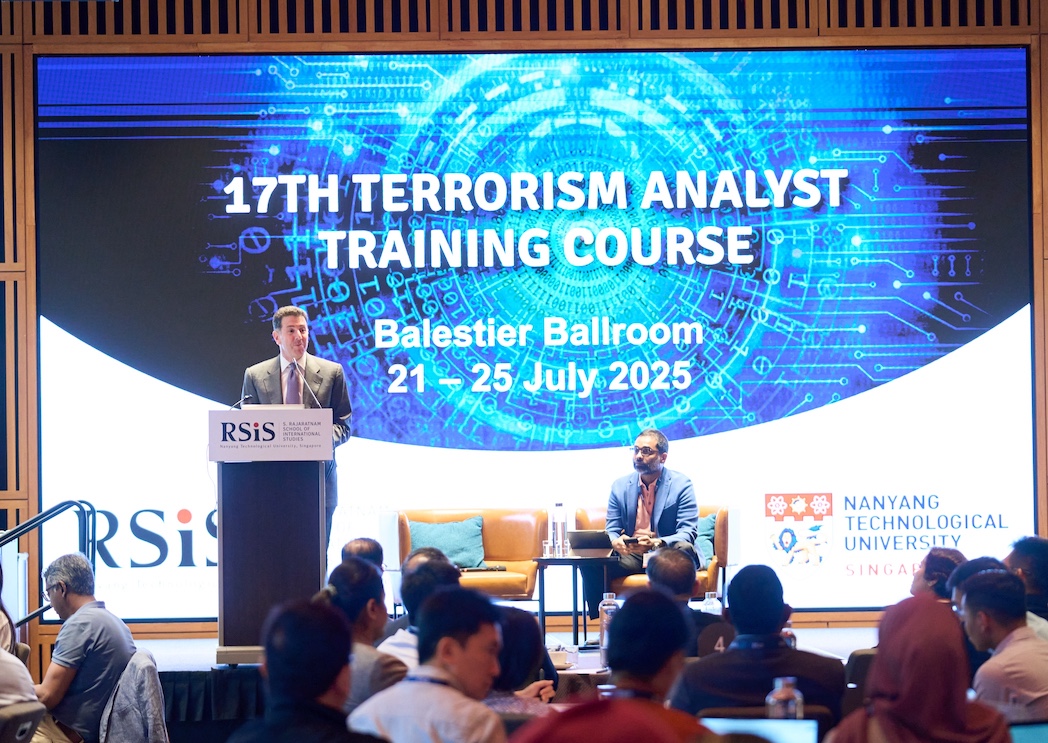
The International Centre for Political Violence and Terrorism Research (ICPVTR) hosted its 17th Terrorism Analyst Training Course (TATC) from 21 to 25 July 2025. Held annually since 2008, TATC is the centre’s annual flagship capacity-building programme which seeks to provide the latest insights and analyses on the global terrorism threat landscape. The event also serves as a useful opportunity for attendees to network, bringing together international speakers, counter-terrorism scholars, security practitioners, and law enforcement agencies to engage in holistic multi-stakeholder dialogue.
The theme for this year’s edition of TATC was “Violence and Upheaval: Confronting Polarisation and Extremism in Global Terrorism”. Over 60 participants with diverse security-related backgrounds across the region learned about terror-related threats, actors, and regional challenges in countering terrorism through sessions led by 16 specialist speakers from around the world.
In his opening address, Ambassador Ong Keng Yong, Executive Deputy Chairman of RSIS and Head of ICPVTR, highlighted the significant way in which geopolitical tensions and turbulent diplomatic relations over the past year have exacerbated the threat of terrorism and political violence. Amb Ong elaborated on key facets of the present-day terror threat landscape, including Islamist extremism, far-right extremism, unstable governance, and the weaponisation of rapidly evolving emerging technologies. With these critical risk factors taken into consideration, he emphasised the need to continually reassess the role and motivations of actors involved, as well as to promote scholarship and policies which exist to safeguard our respective communities.
This year’s TATC keynote address was delivered by Dr Daniel Byman, Professor at Georgetown University’s School of Foreign Service and Director of the Warfare, Irregular Threats, and Terrorism Program at the Center for Strategic and International Studies (CSIS). Dr Byman provided a comprehensive overview of the global terrorism threat landscape, highlighting four key areas of concern. These included the enduring threat of a weakened but persistent jihadist movement, the increasingly complex domestic terrorism landscape in the United States (particularly concerning far-right and far-left extremism), the impact of geopolitical tensions and technological advancements on the terror threat landscape, as well as the rise of “grey zone” aggression perpetuated by great power competitors.
Over the course of the week, invited speakers provided valuable insights on country-specific developments in Southeast Asia, South Asia, the Middle East, Europe, and Africa. Specialist experts also discussed pertinent thematic issues relevant to the security sector. These included tools and techniques to conduct open-source counter-terrorism investigations, the evolution and weaponisation of emerging technologies, such as AI, drones, and 3D printed weapons, as well as strategies to counter extremist ideological indoctrination alongside frameworks for rehabilitation with the intent of safe reintegration.
The participants of this year’s TATC also visited the INTERPOL Global Complex for Innovation (IGCI). There, they learned more about INTERPOL’s core capabilities and its critical role in coordinating counter-terrorism and anti-crime operations at the international level. Participants were given a tour of the Command and Coordination Centre to gain further insight into how INTERPOL ensures continuous cooperation and crisis management support for its global police network.
The TATC programme concluded with a tabletop simulation exercise, designed to enhance their ability to identify and escalate potential threats through investigative reasoning, as well as deepen their understanding of how course insights can be applied to real-world crisis scenarios.
On the last day of the course, participants were given the chance to share what they had learnt and discussed throughout the week via group presentations. The event wrapped up with closing comments by Professor Kumar Ramakrishna, Dean of RSIS, and a certificate presentation ceremony.




